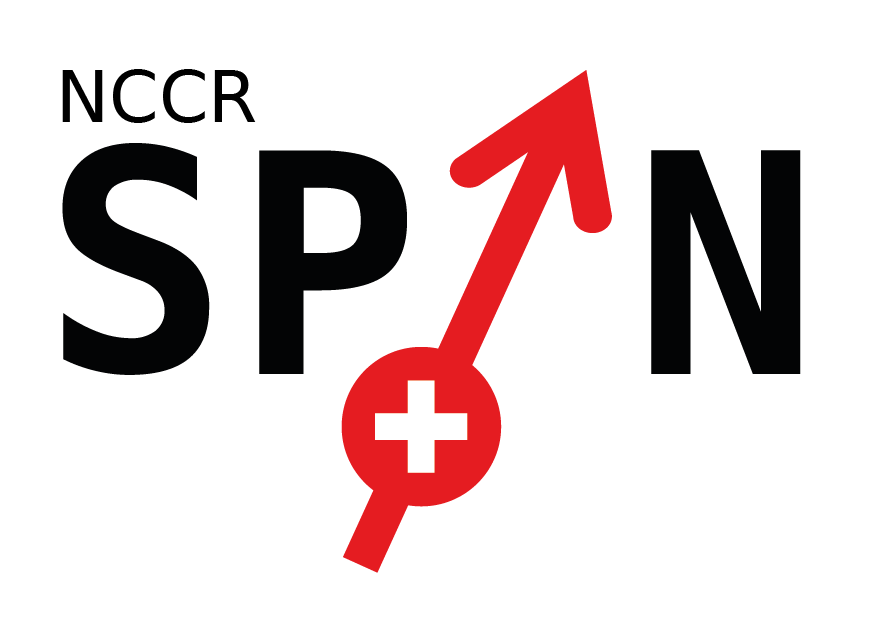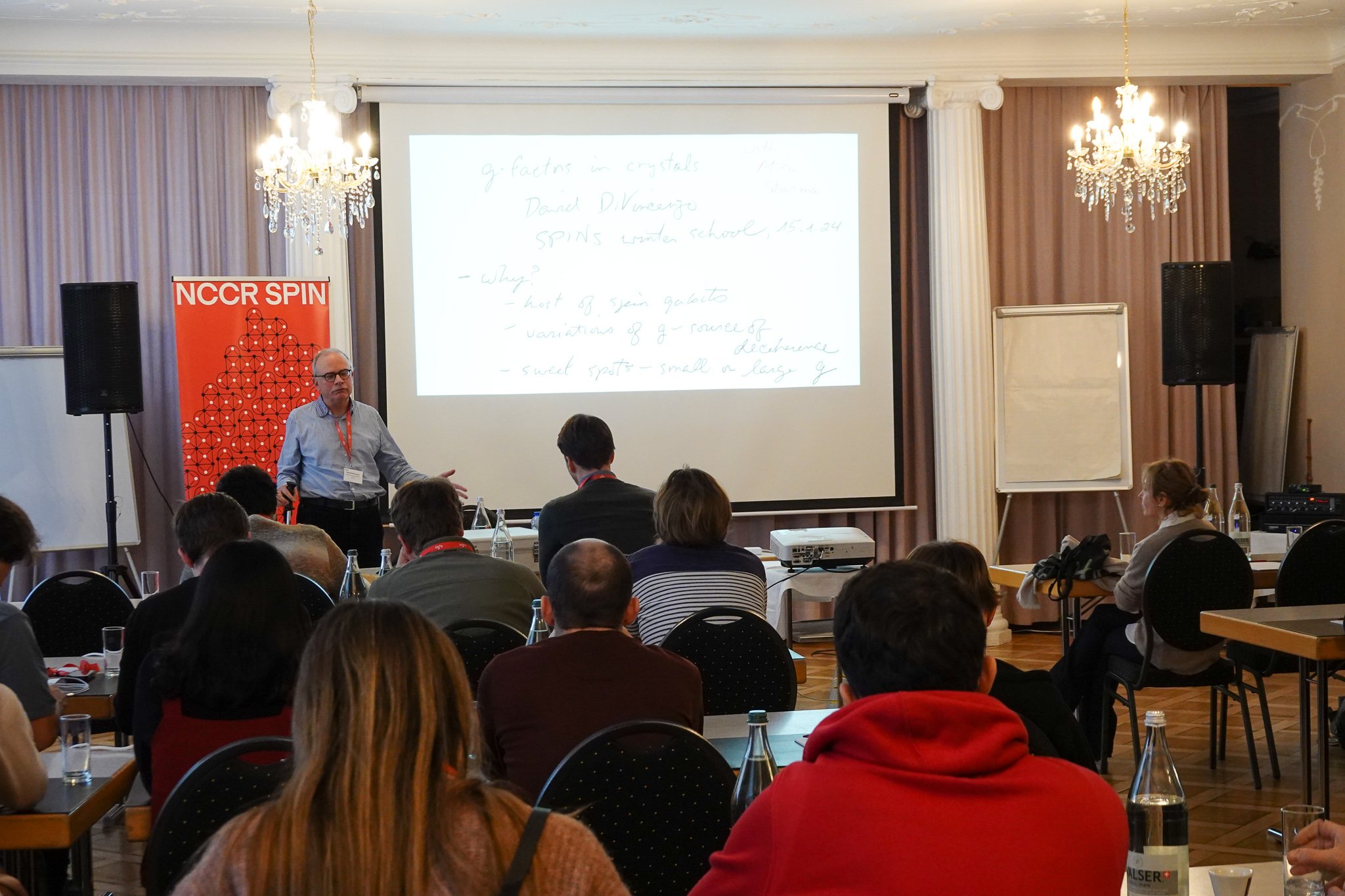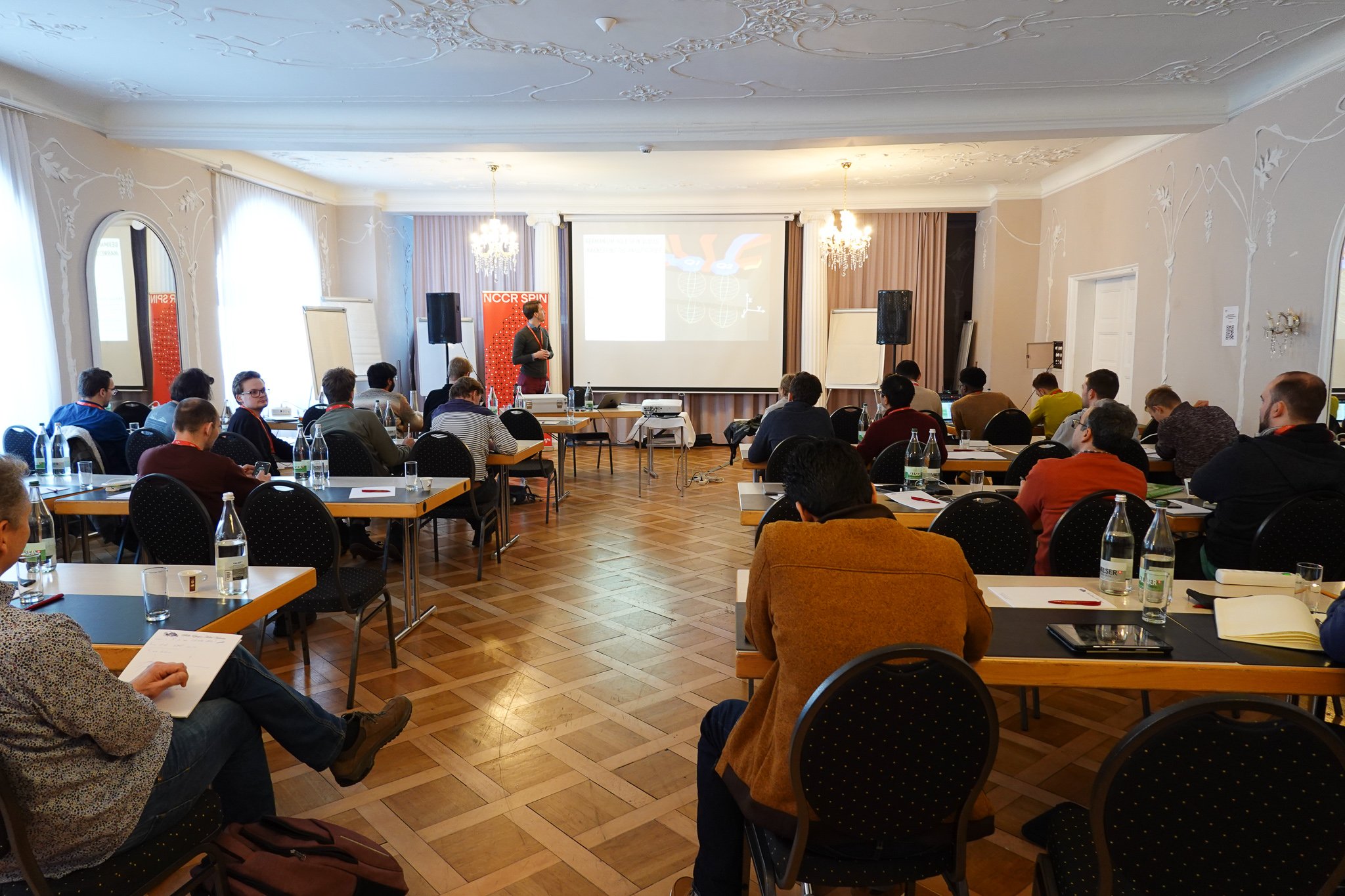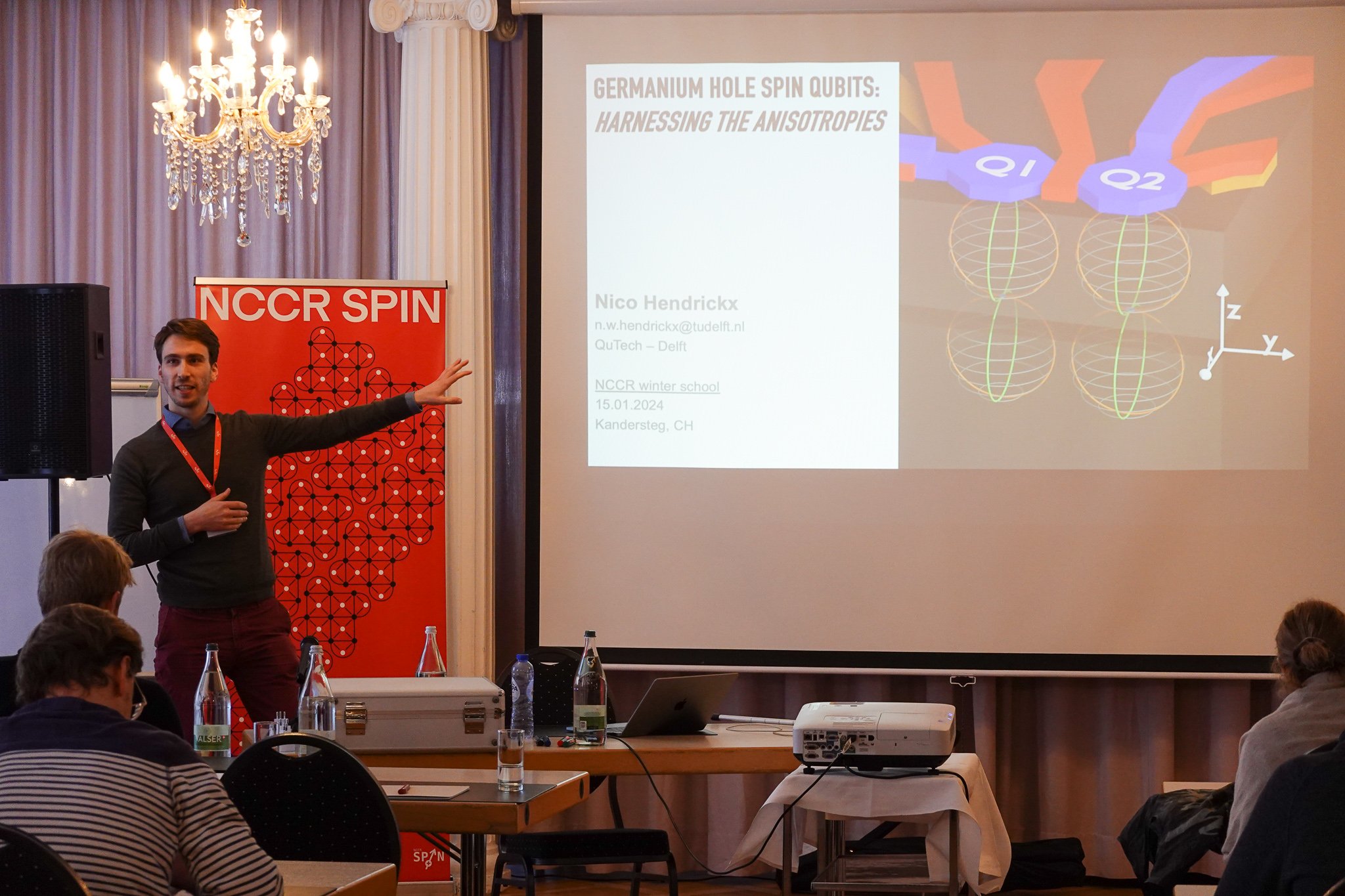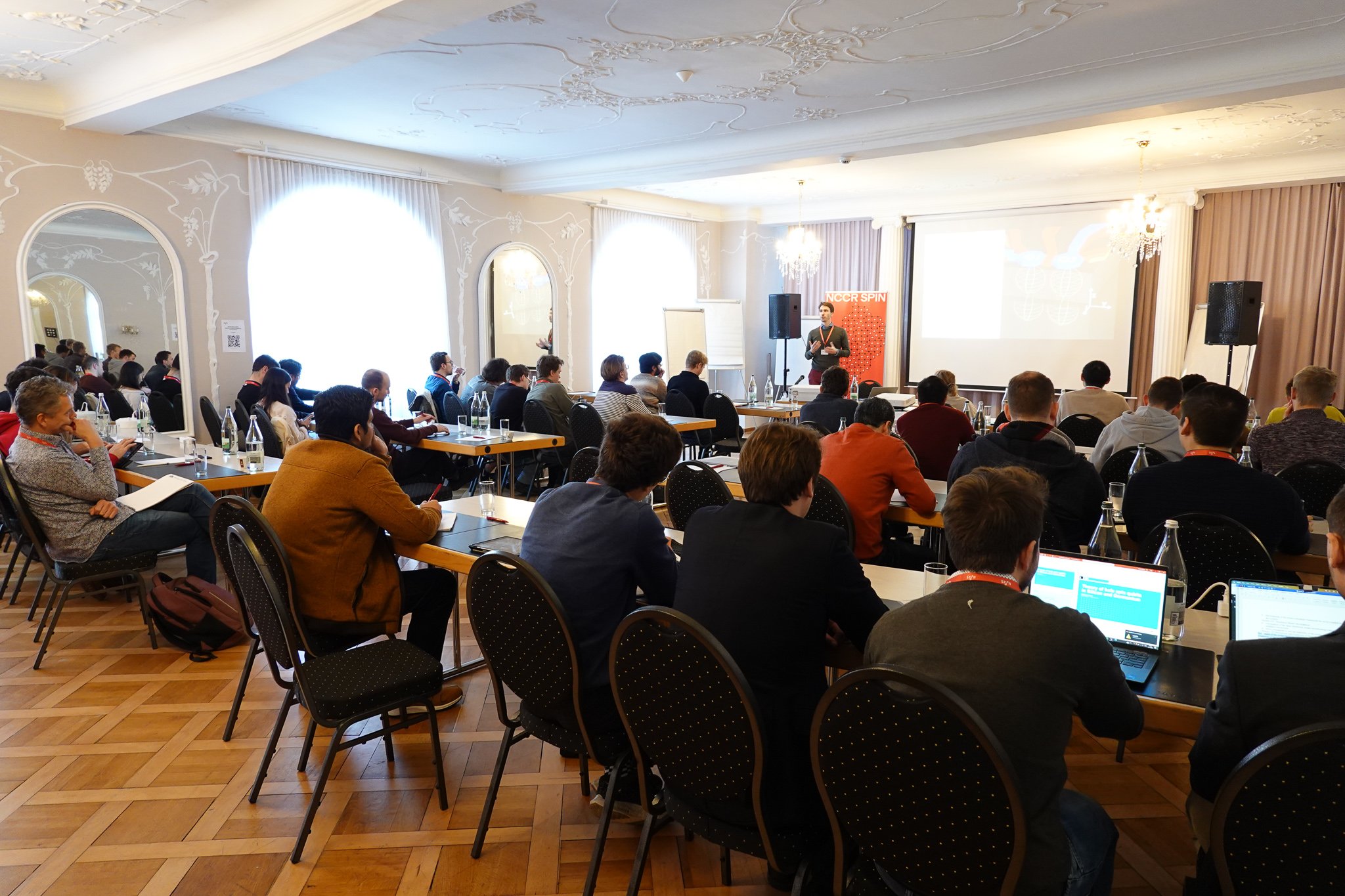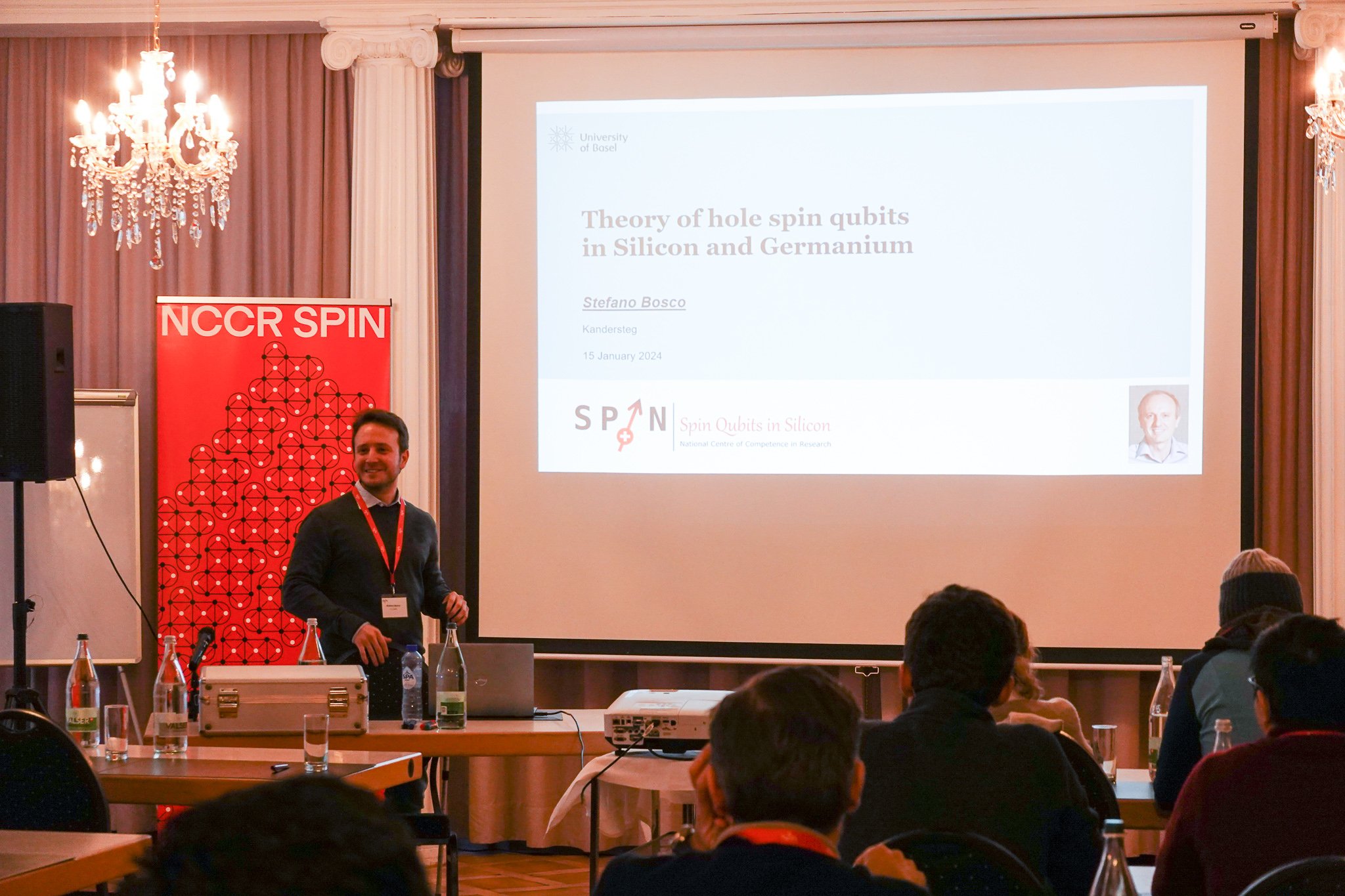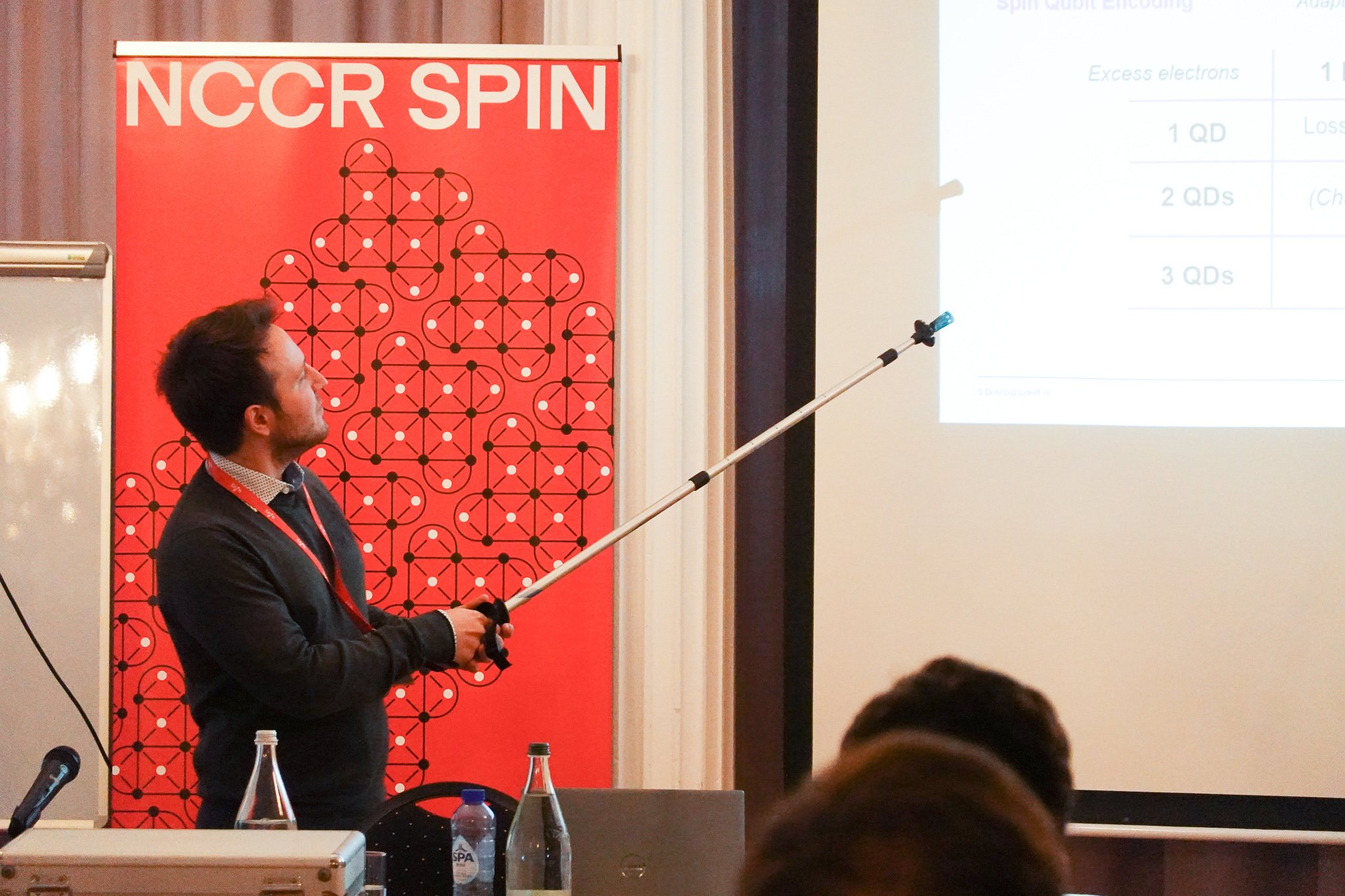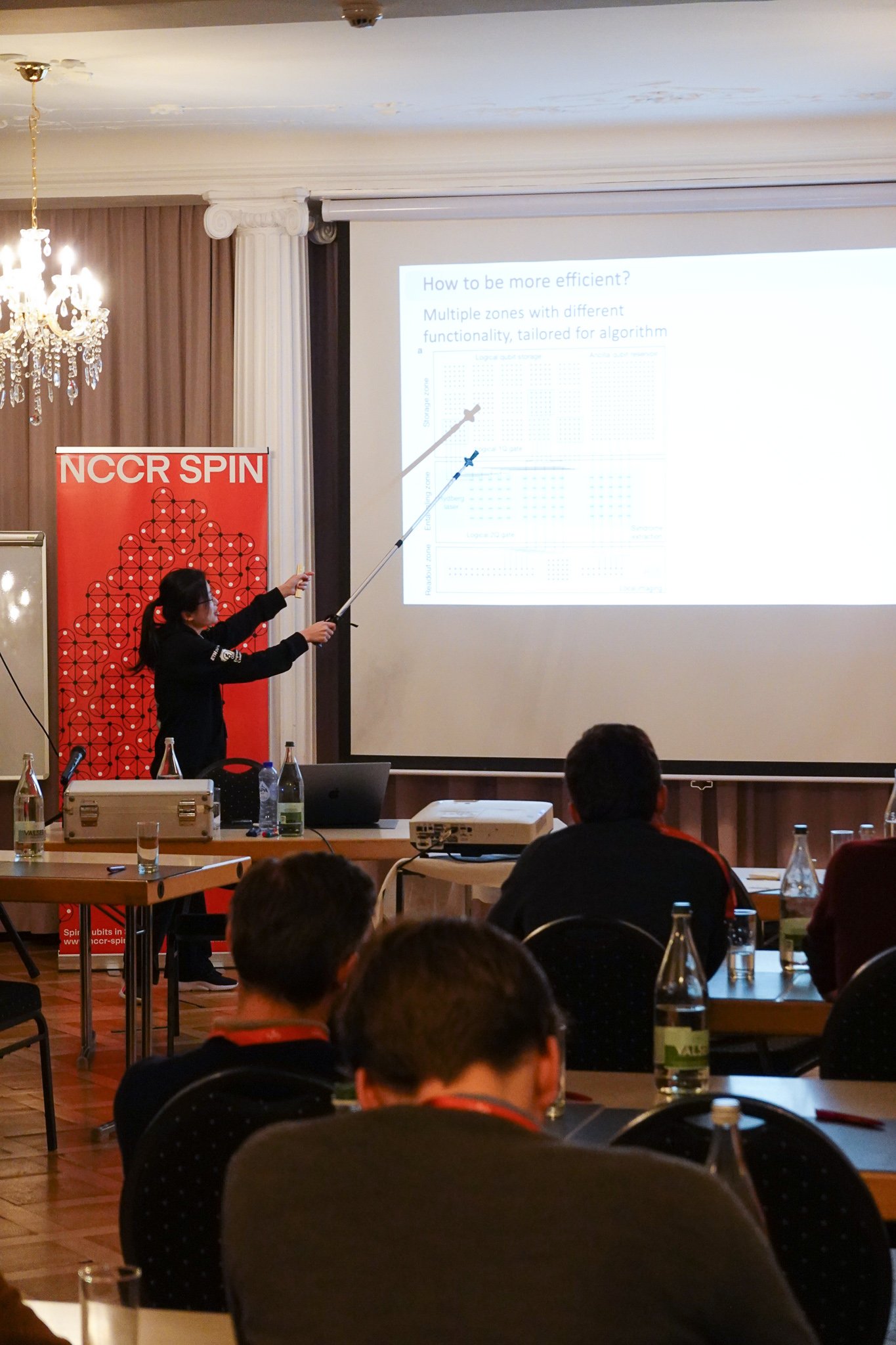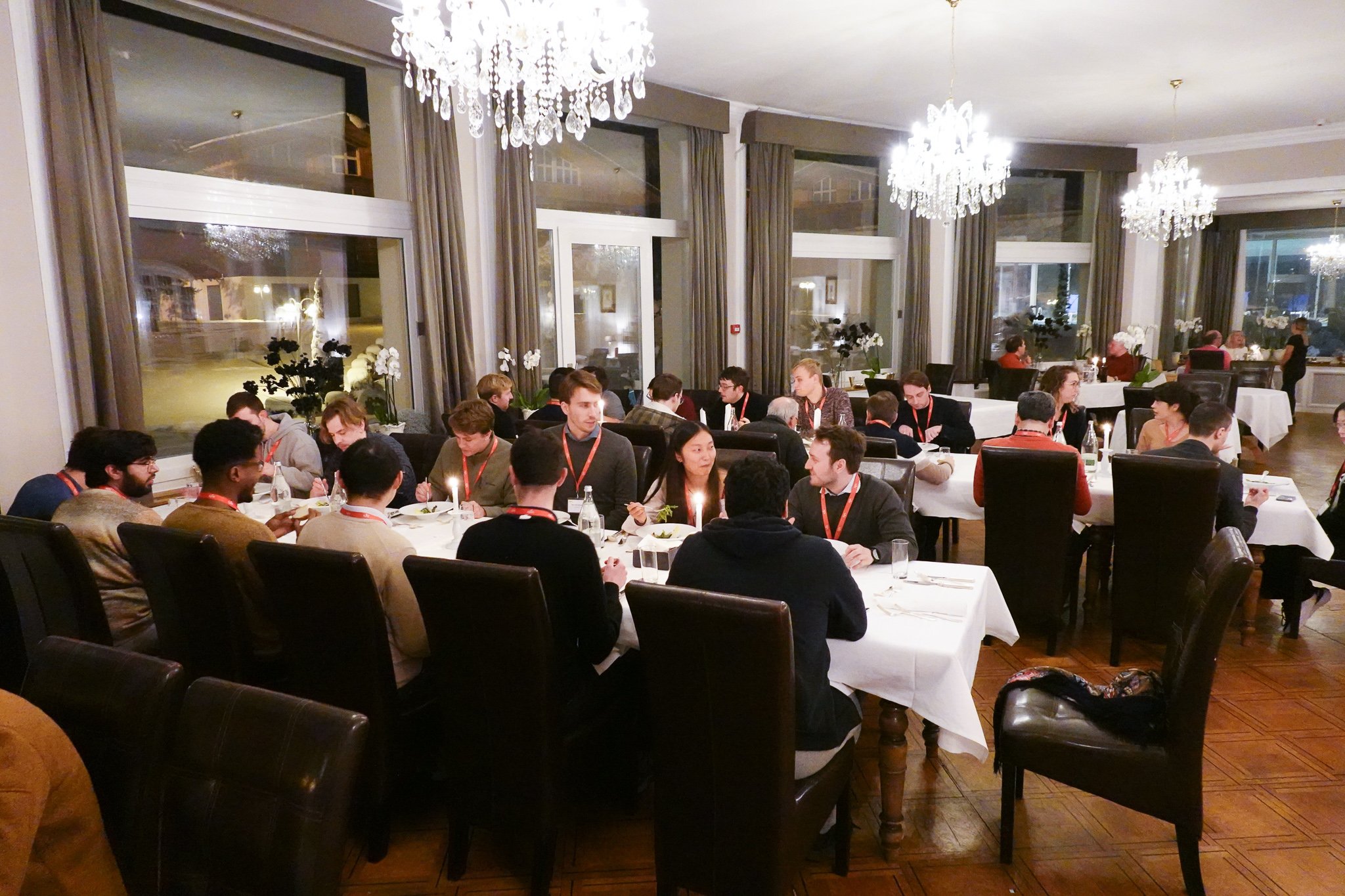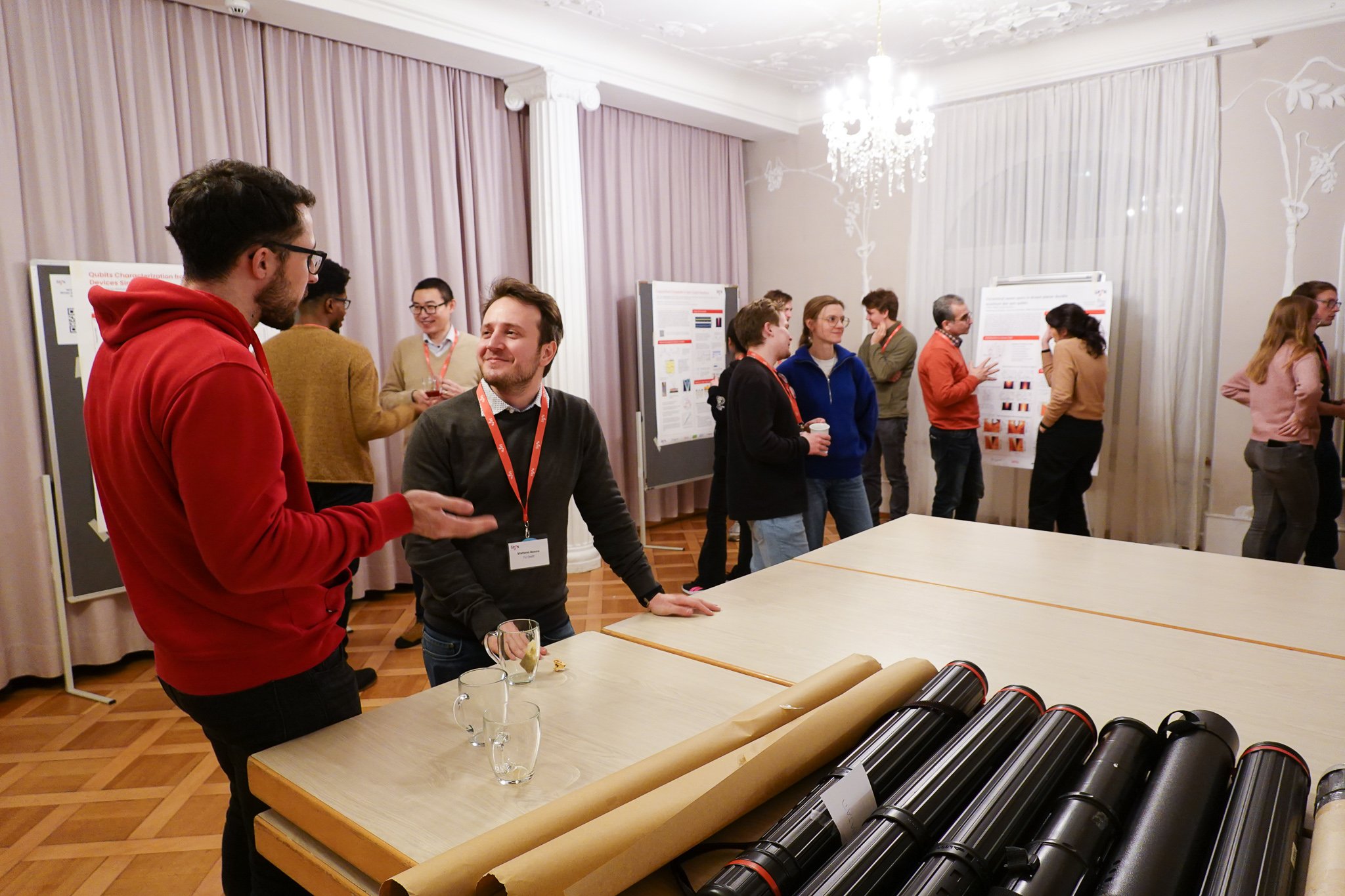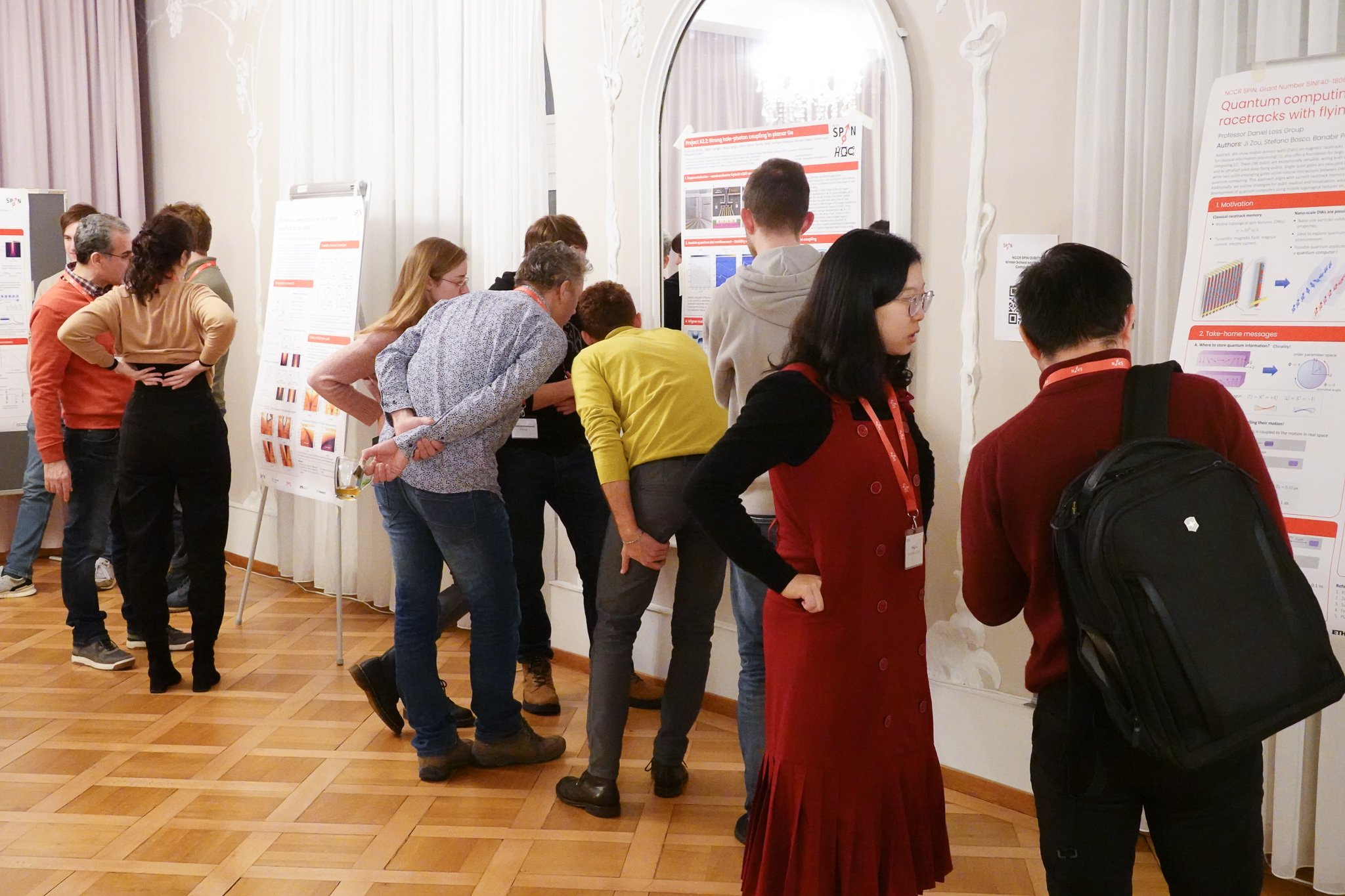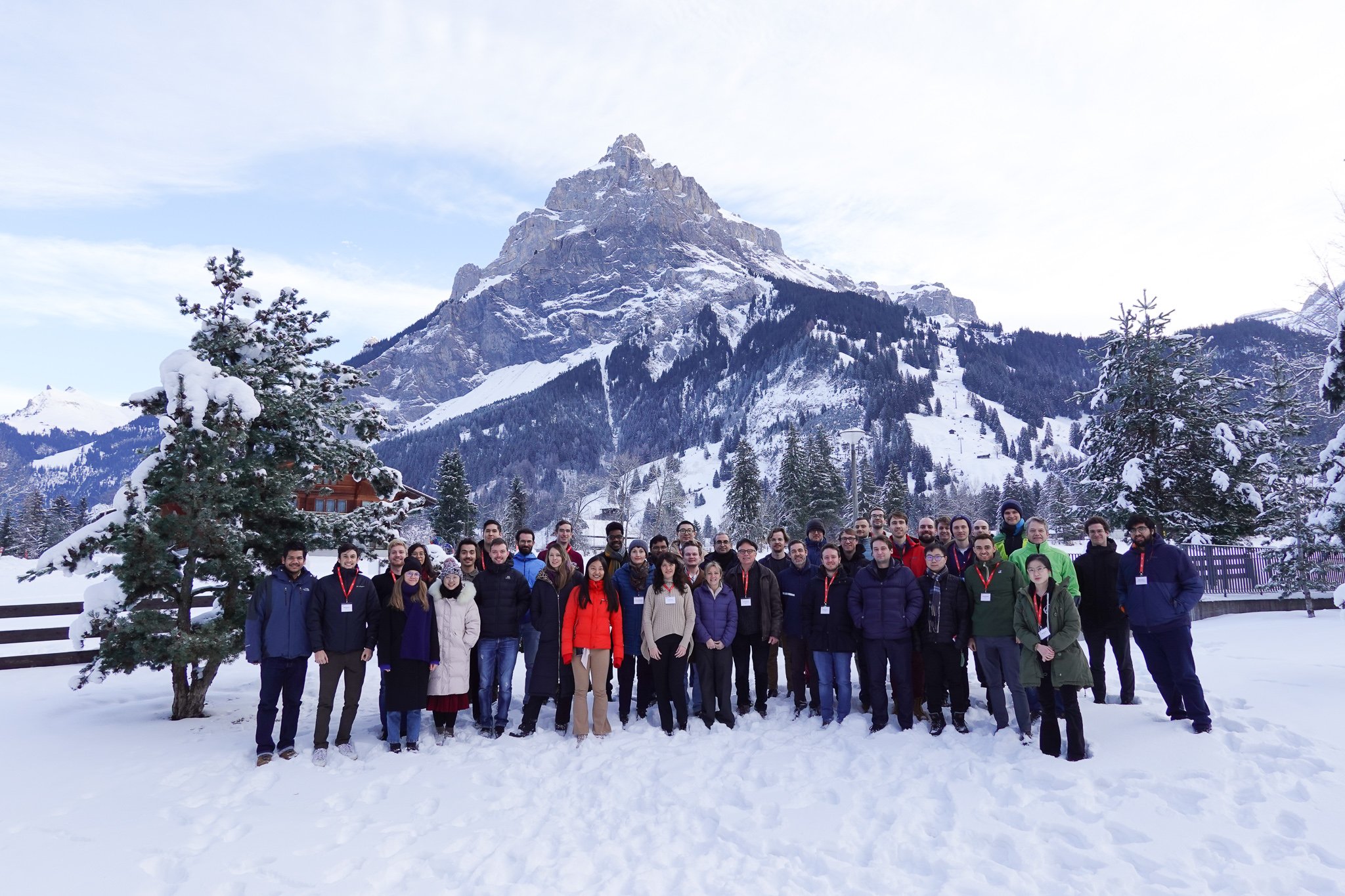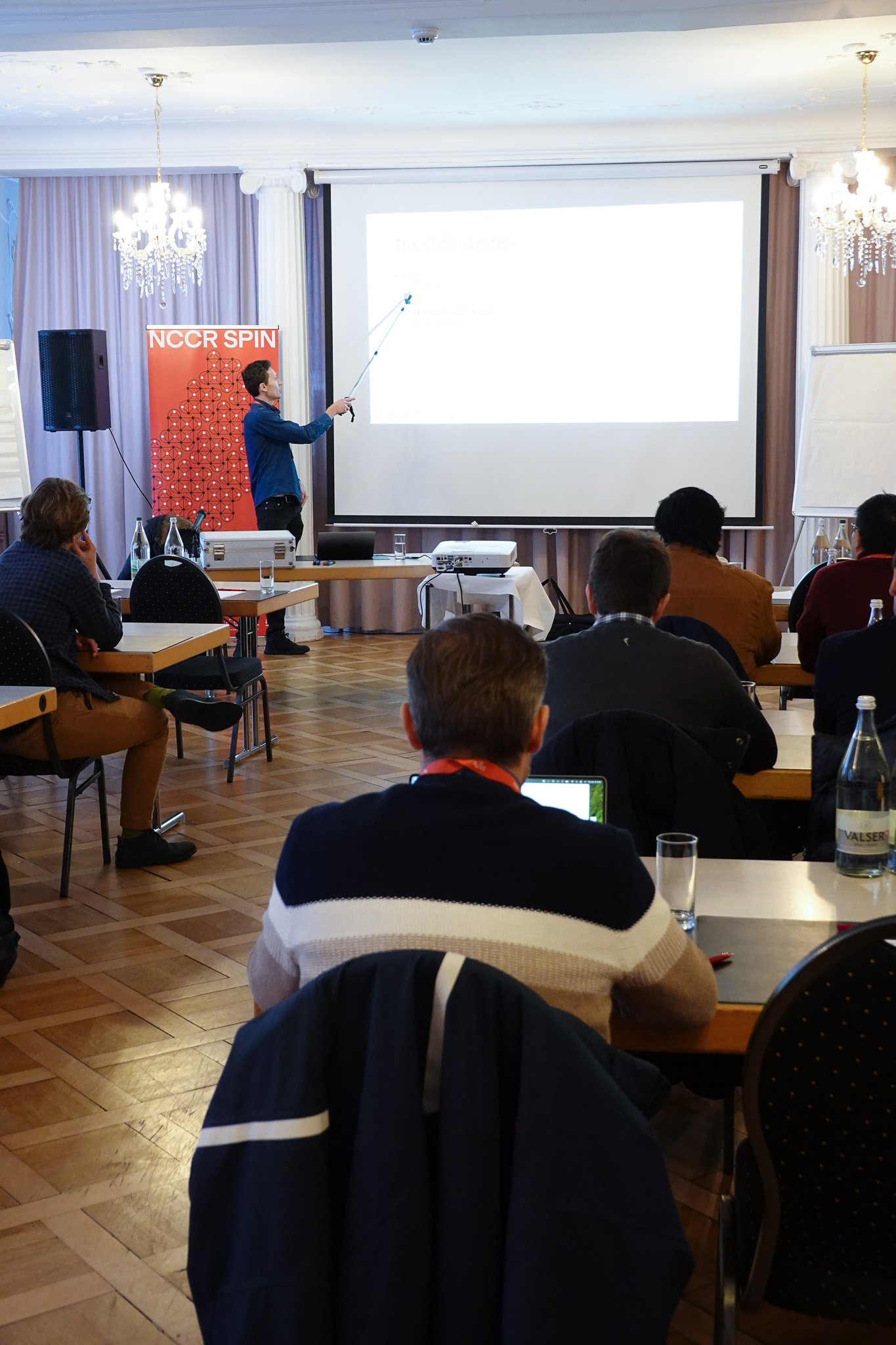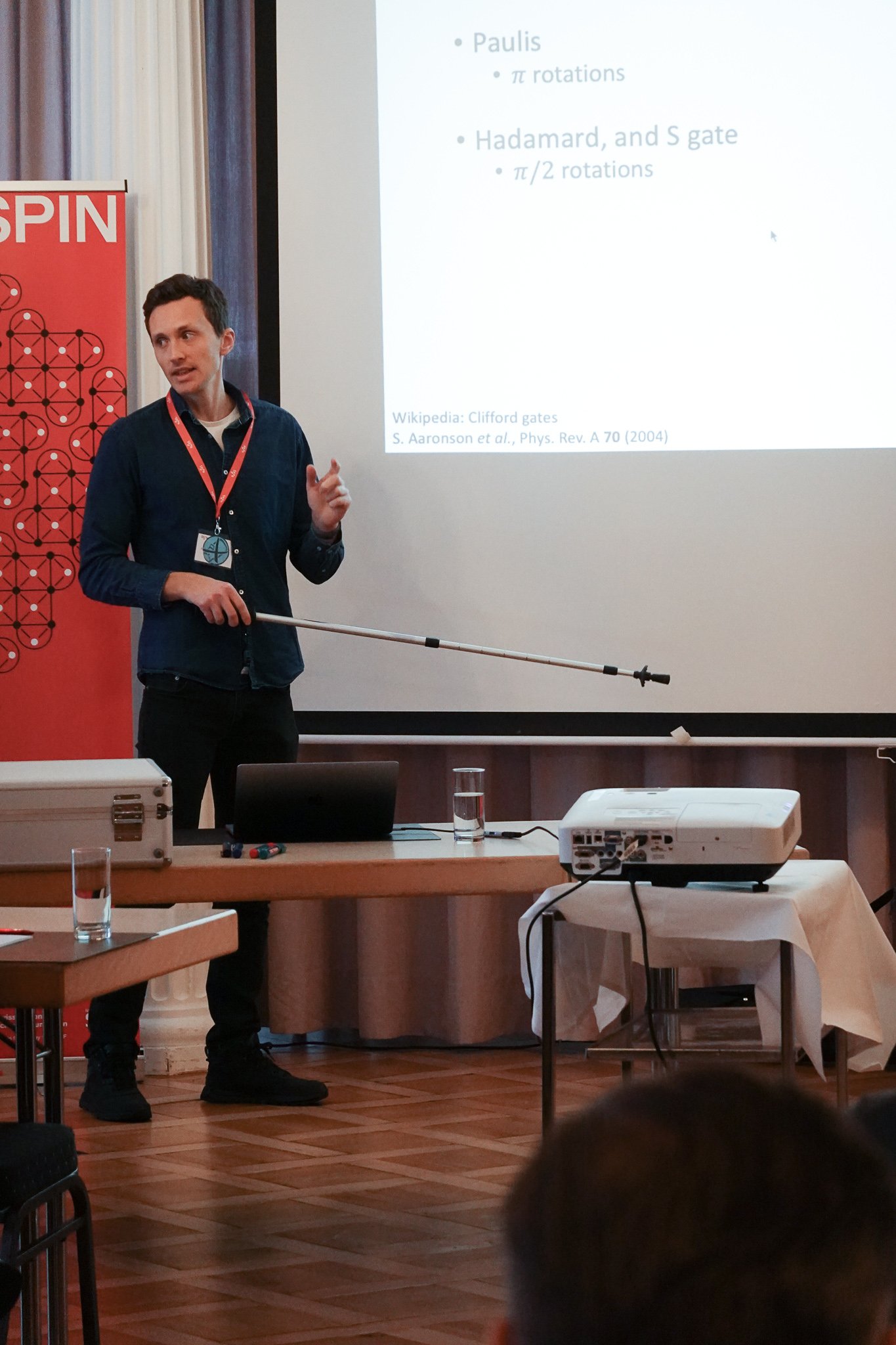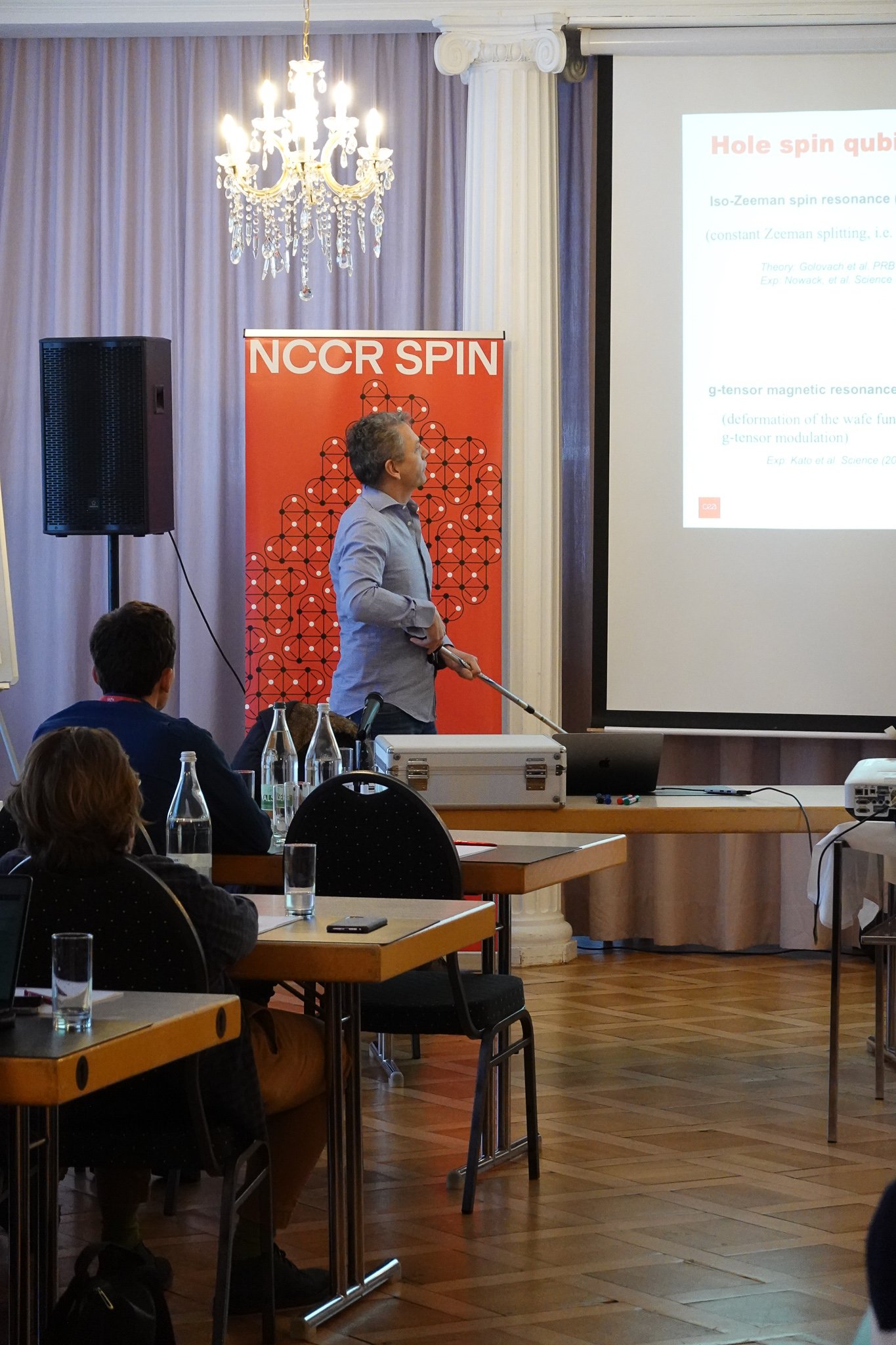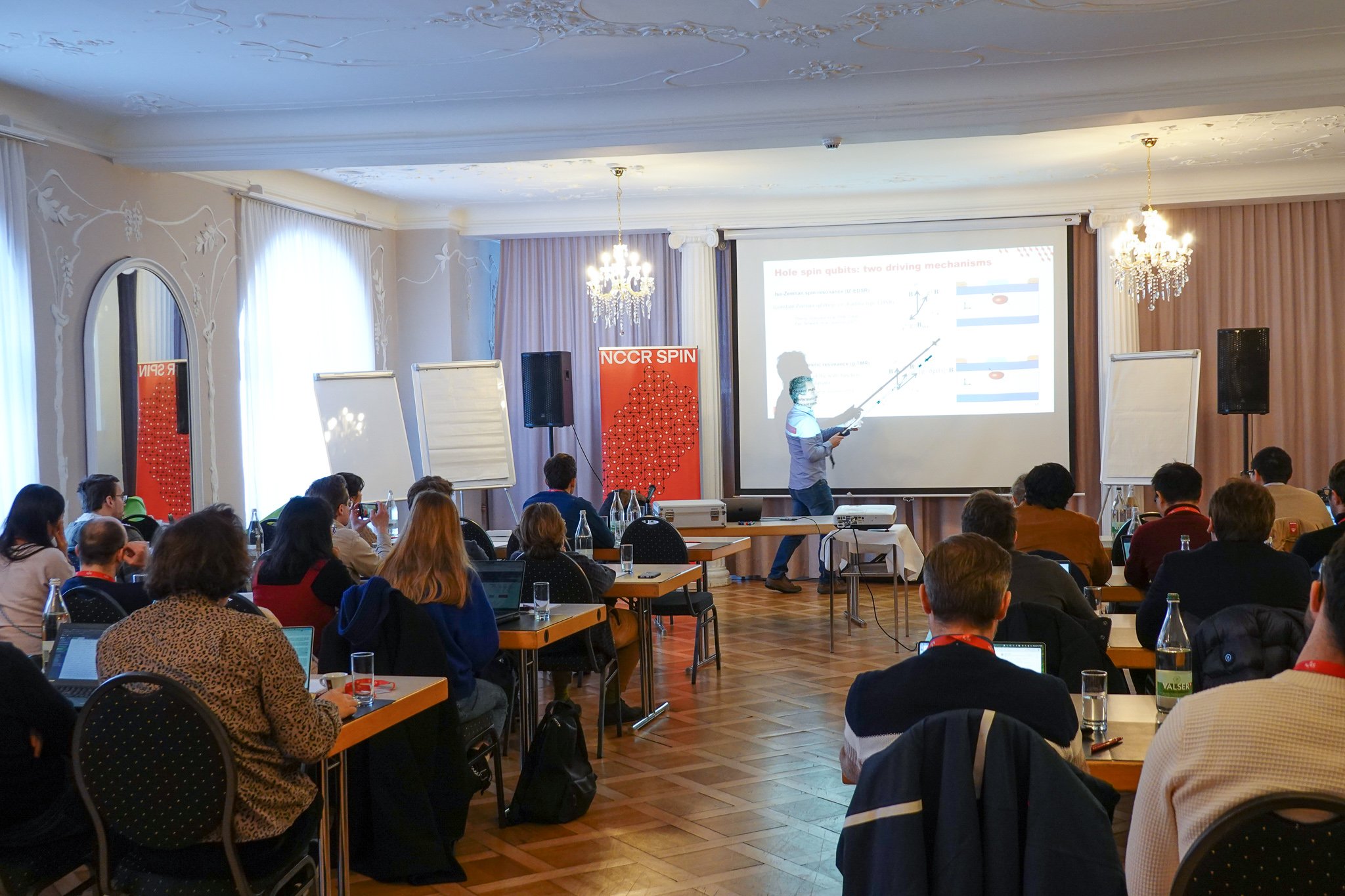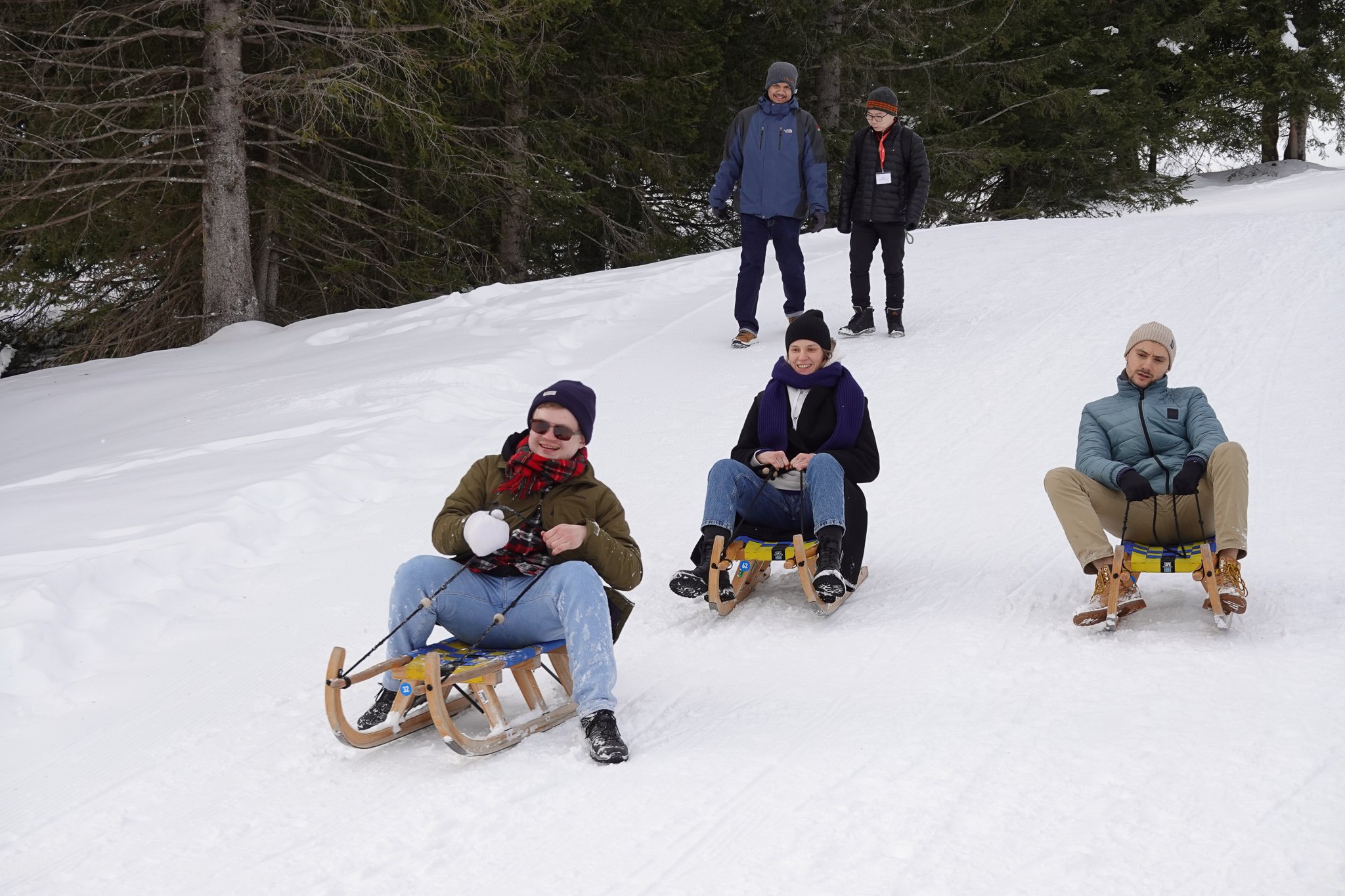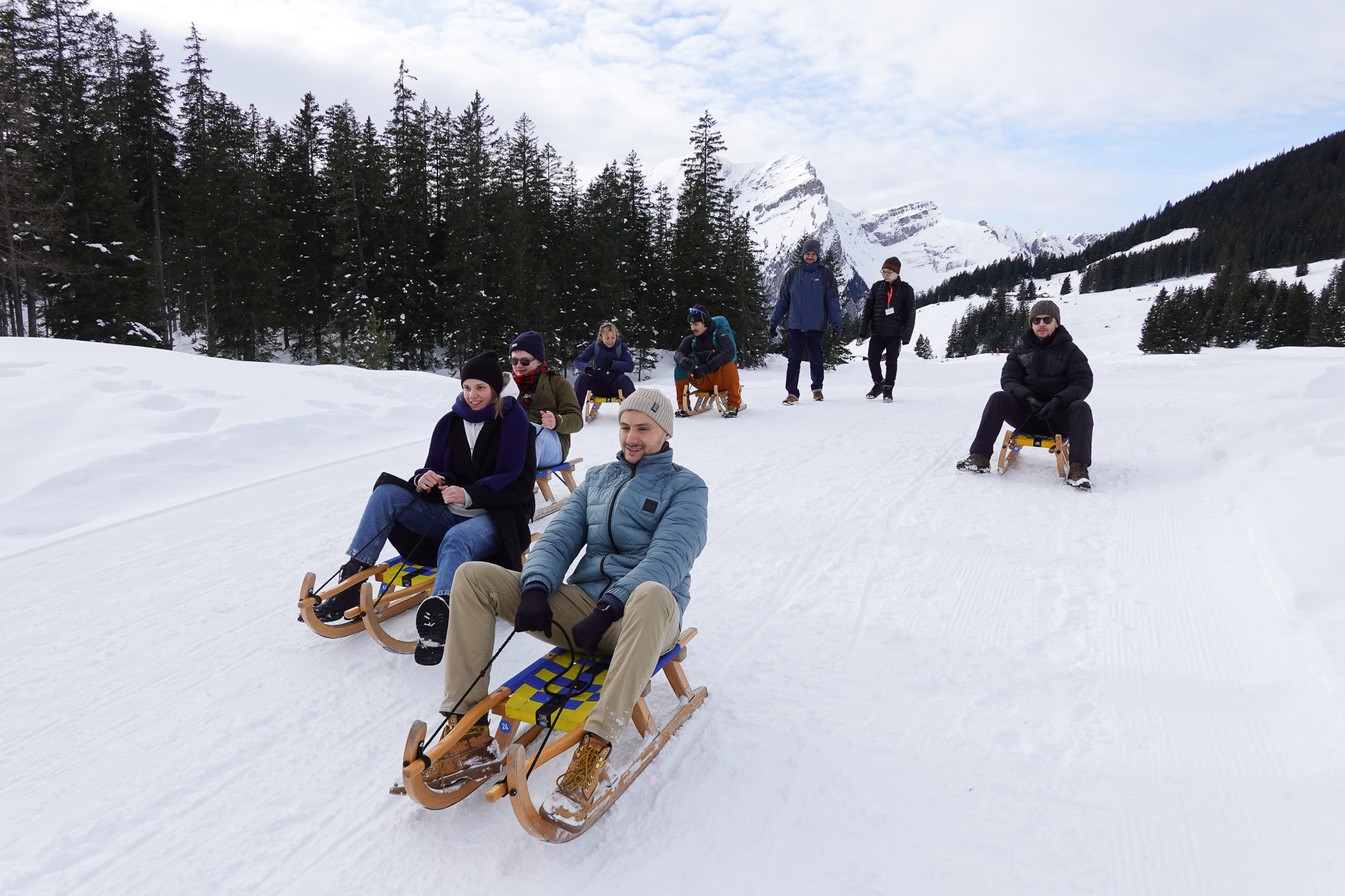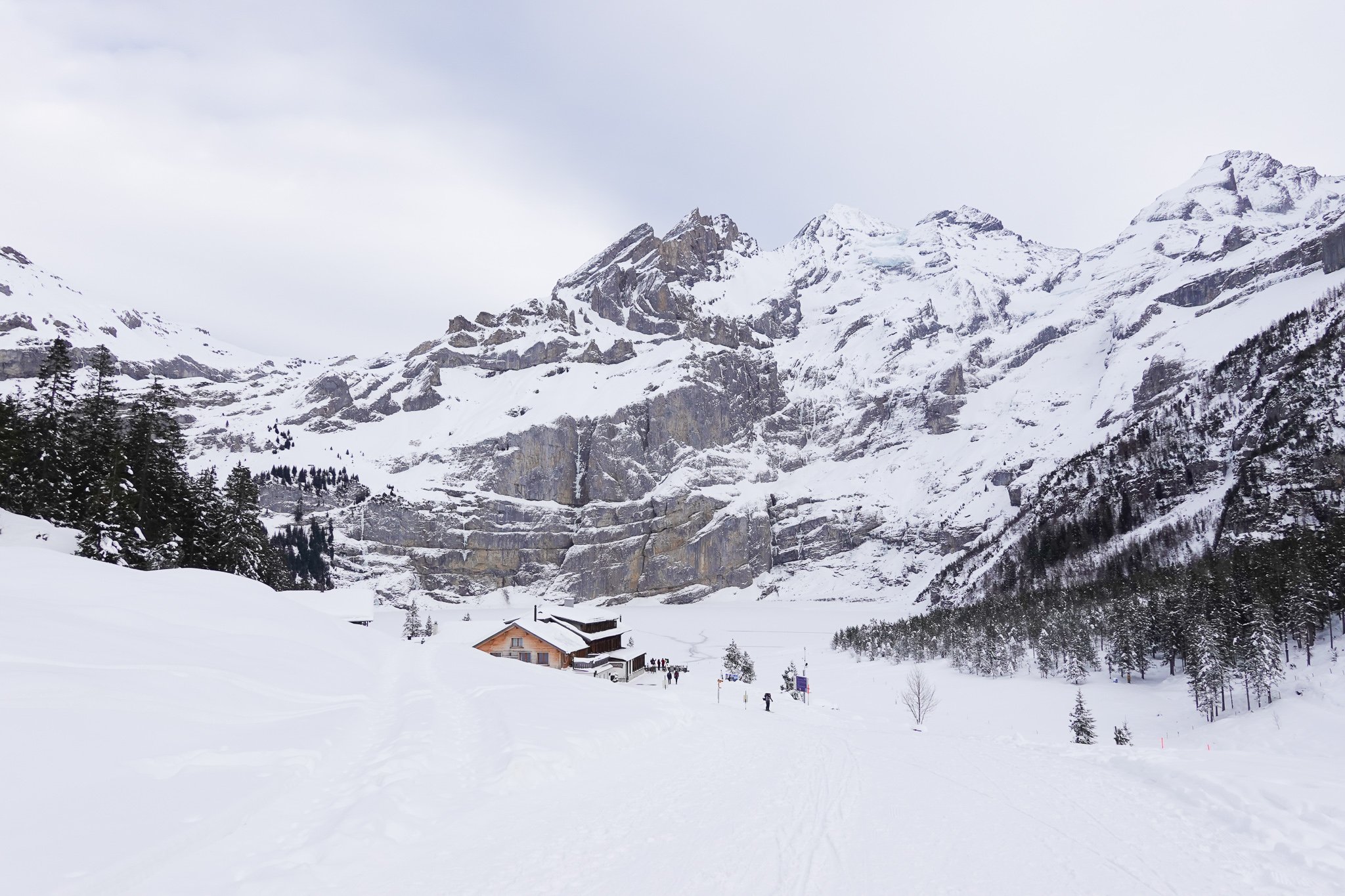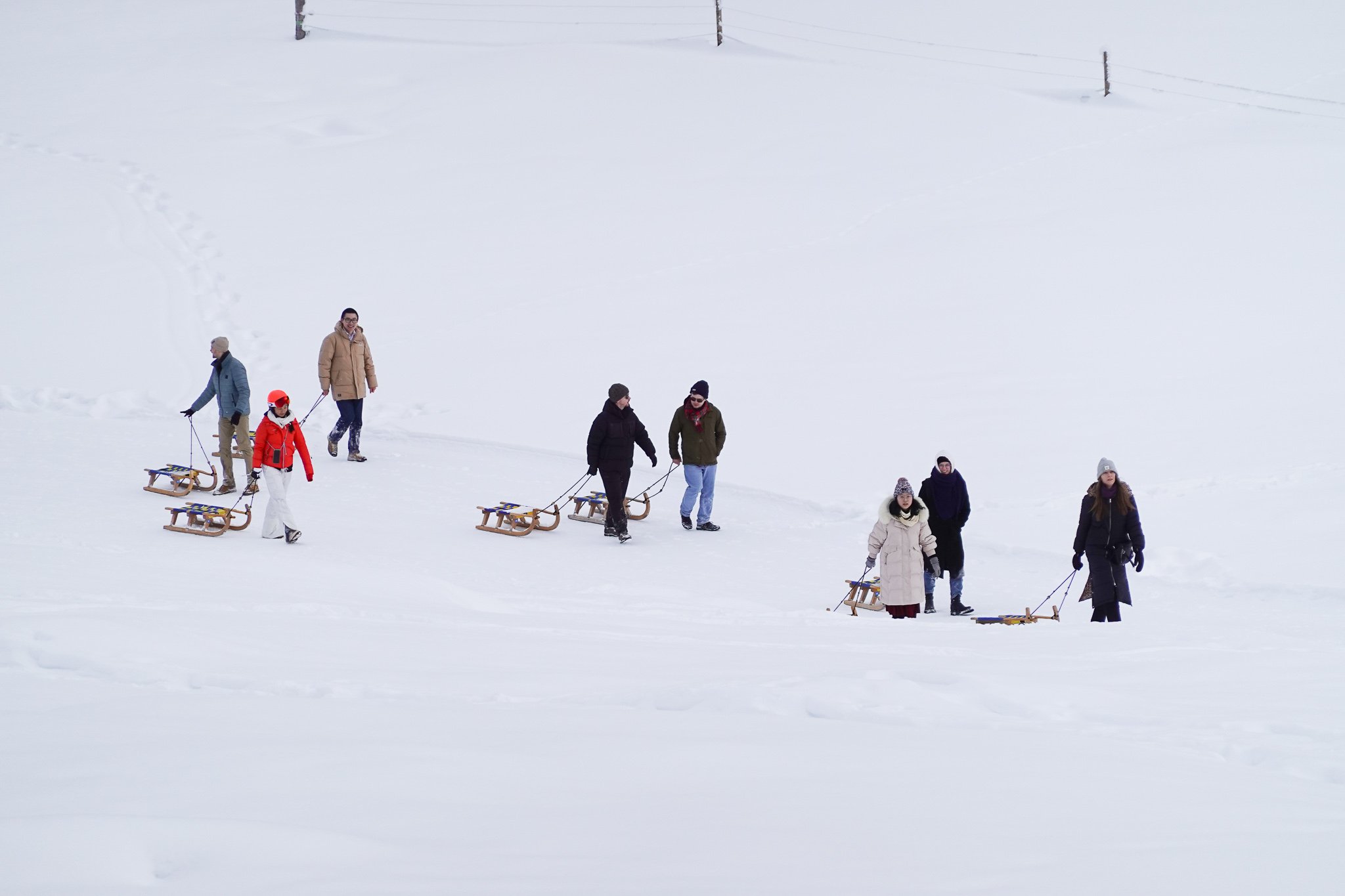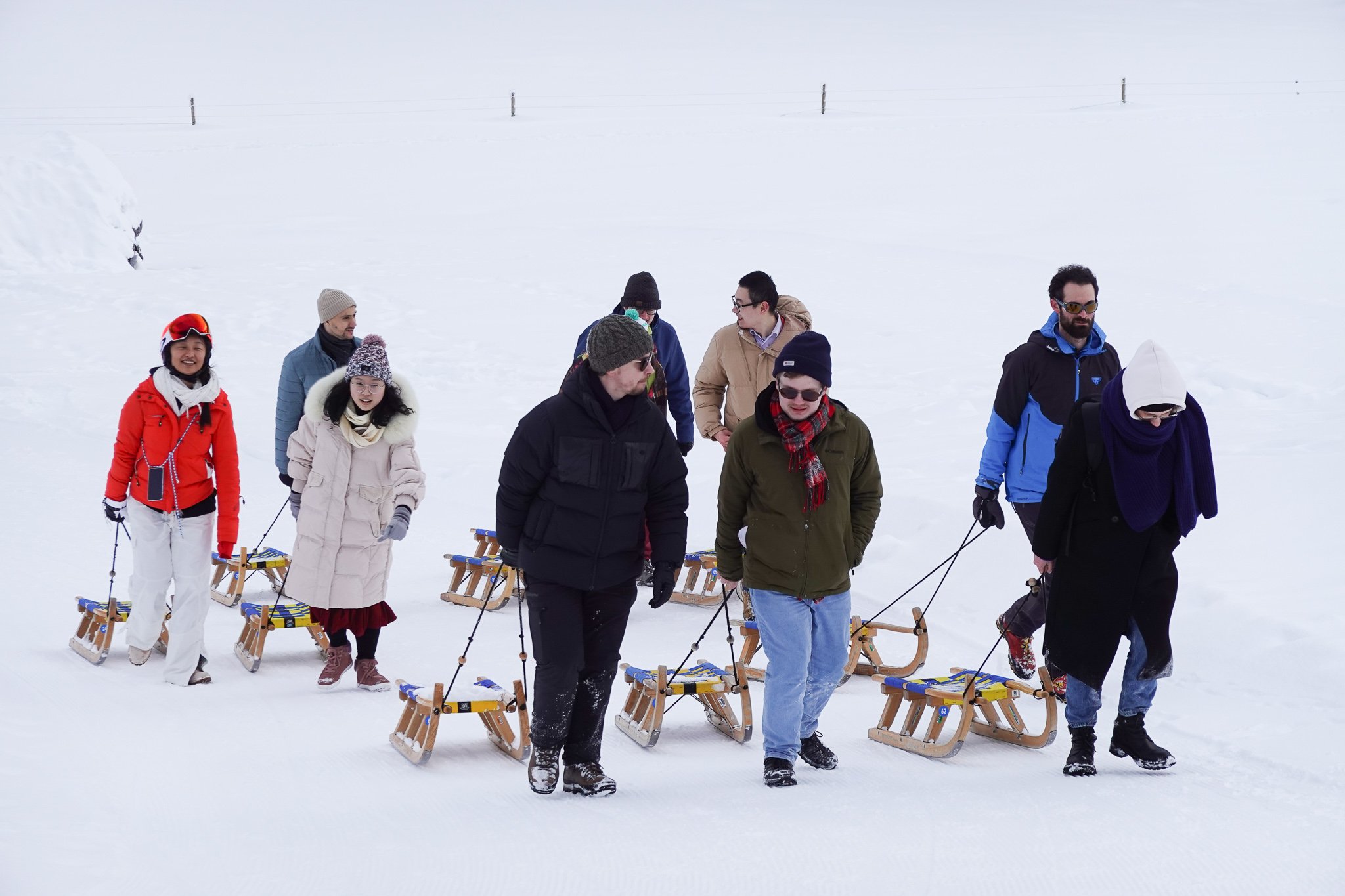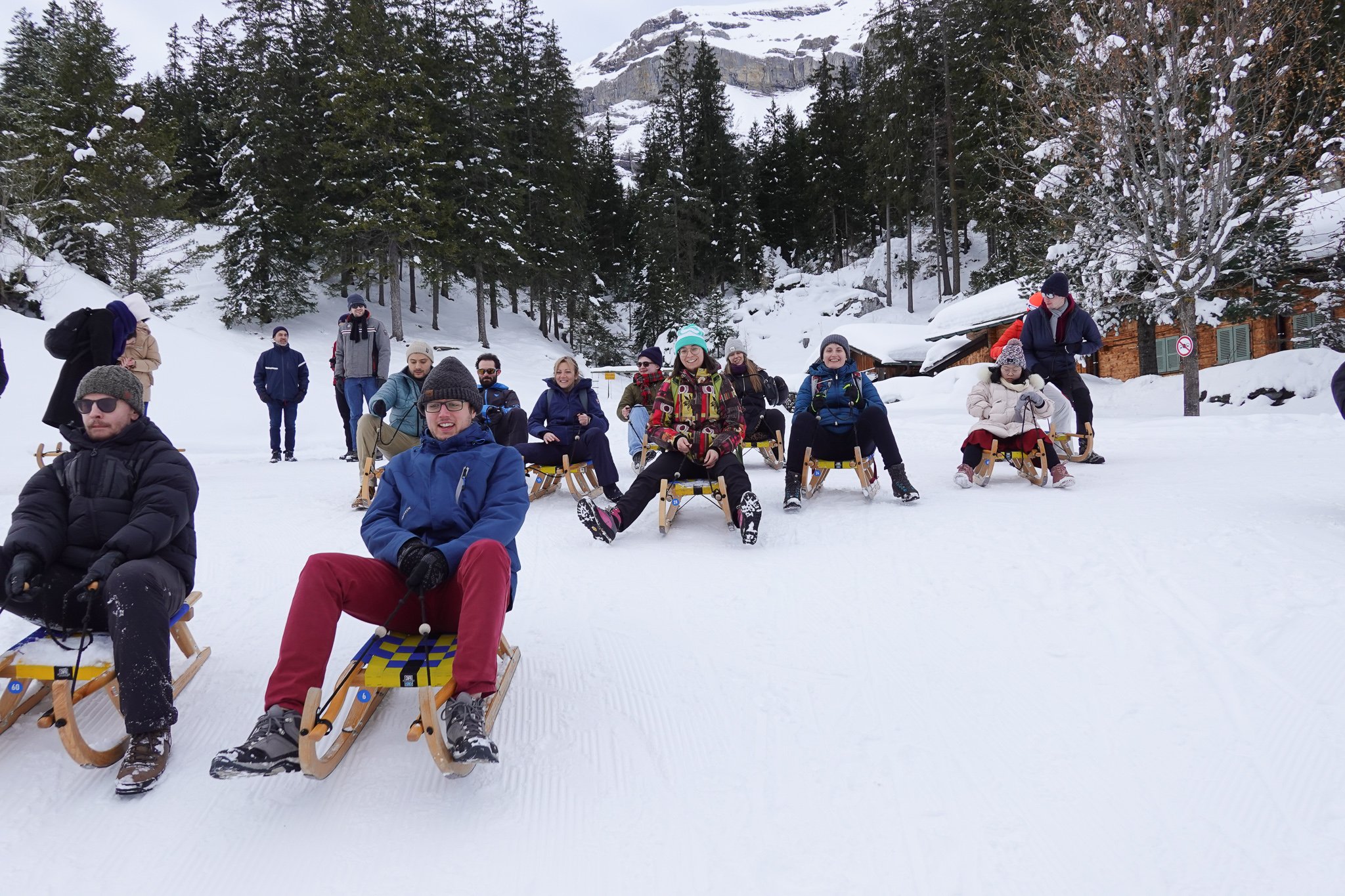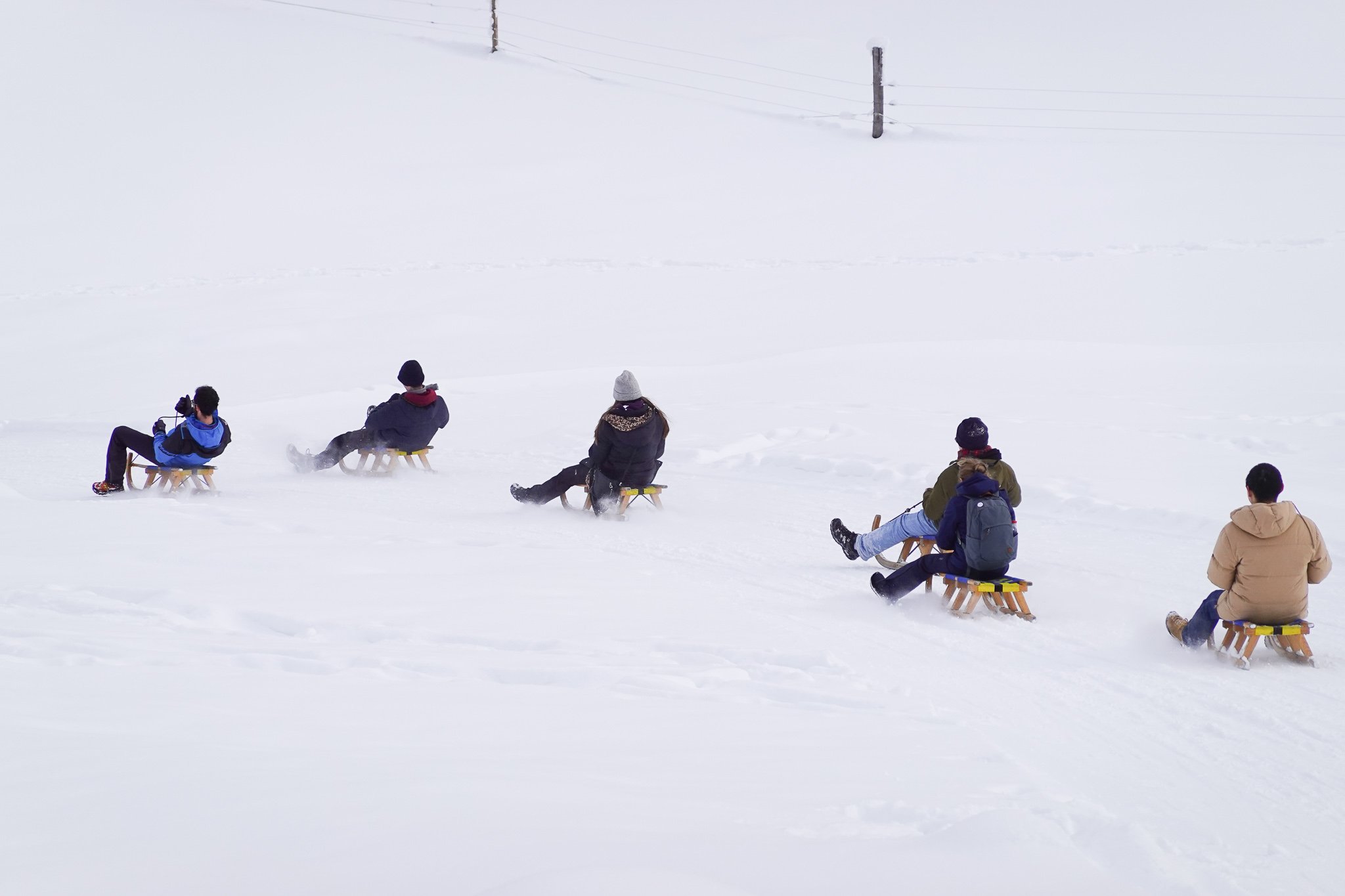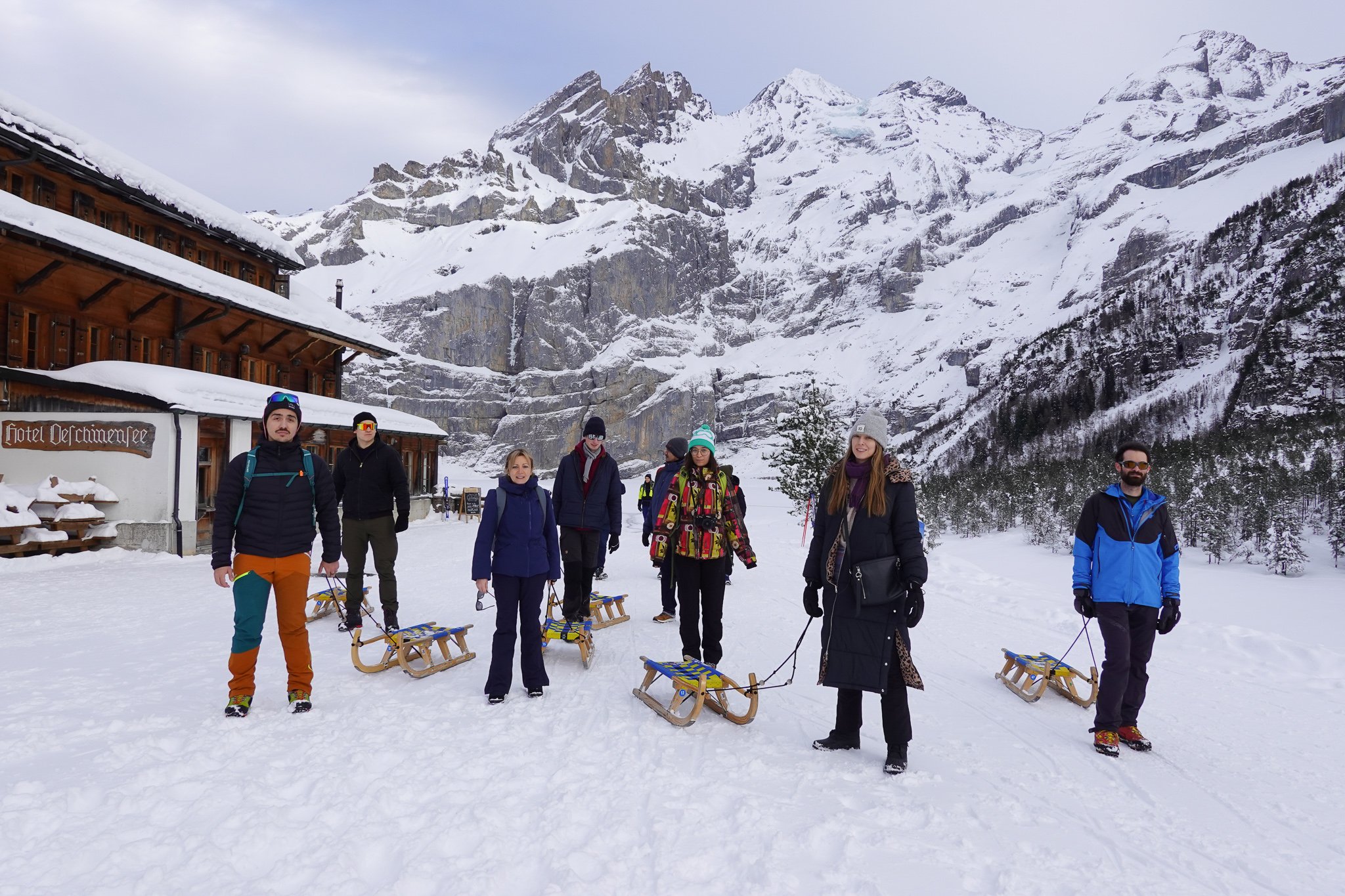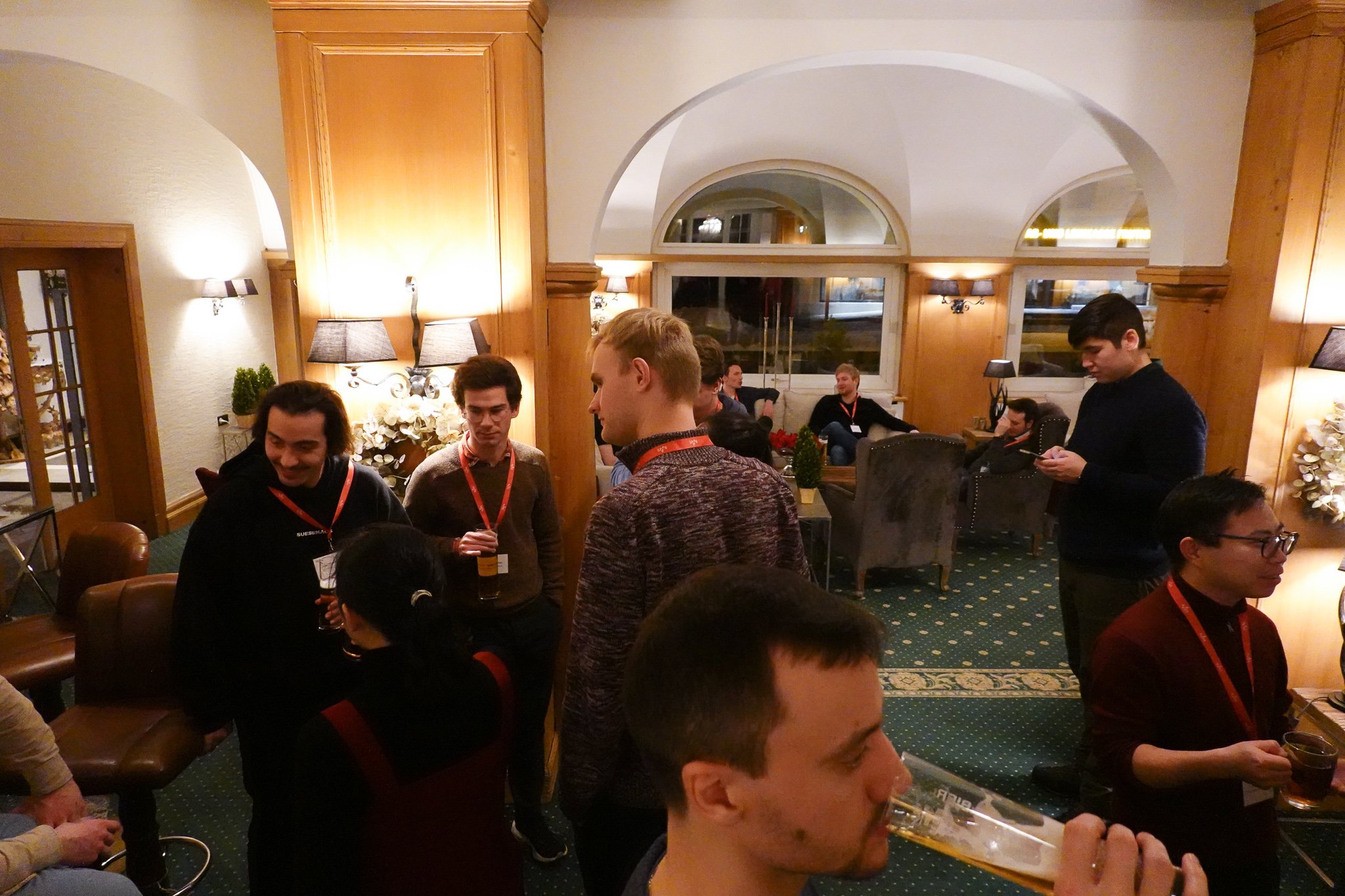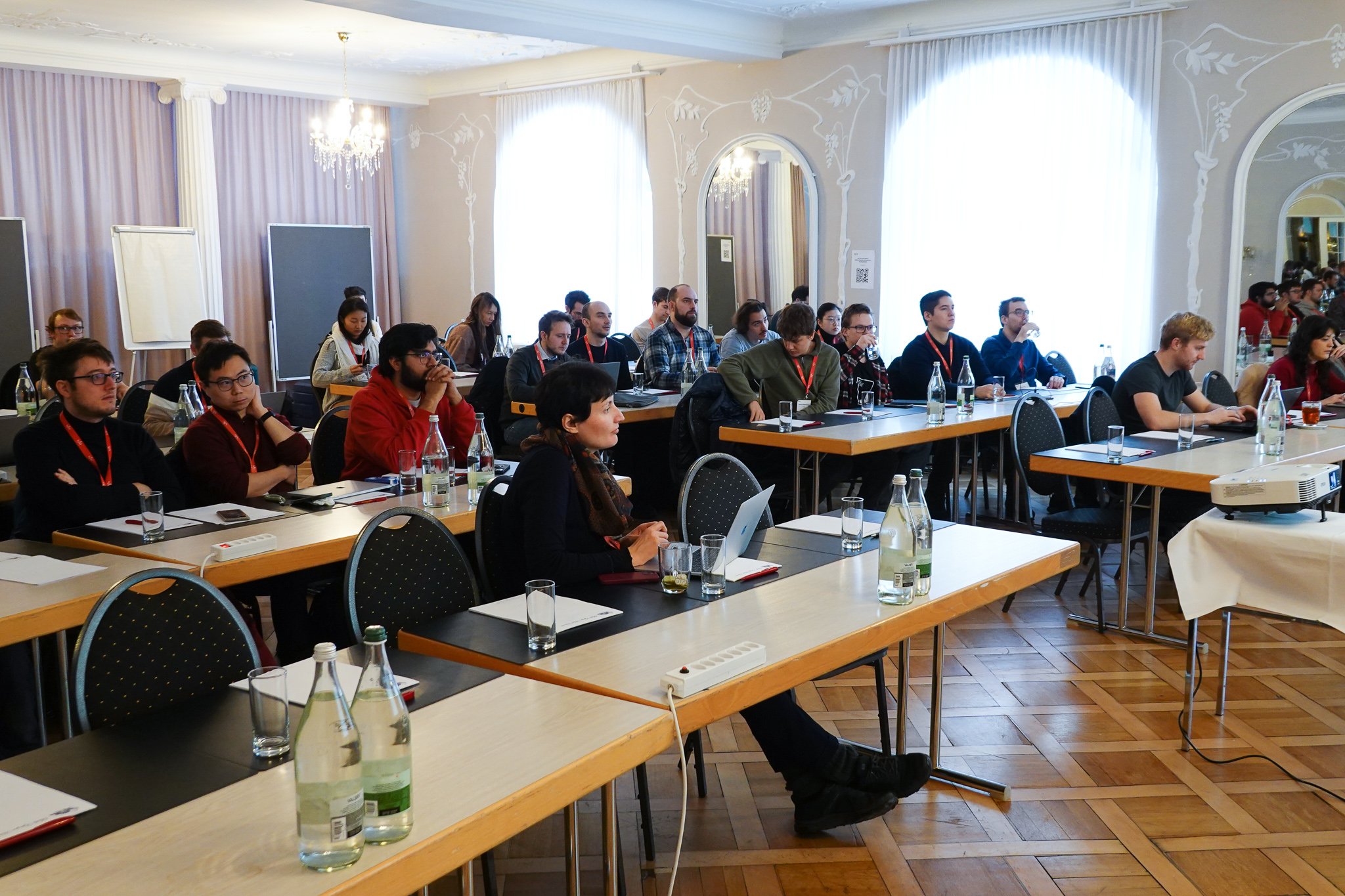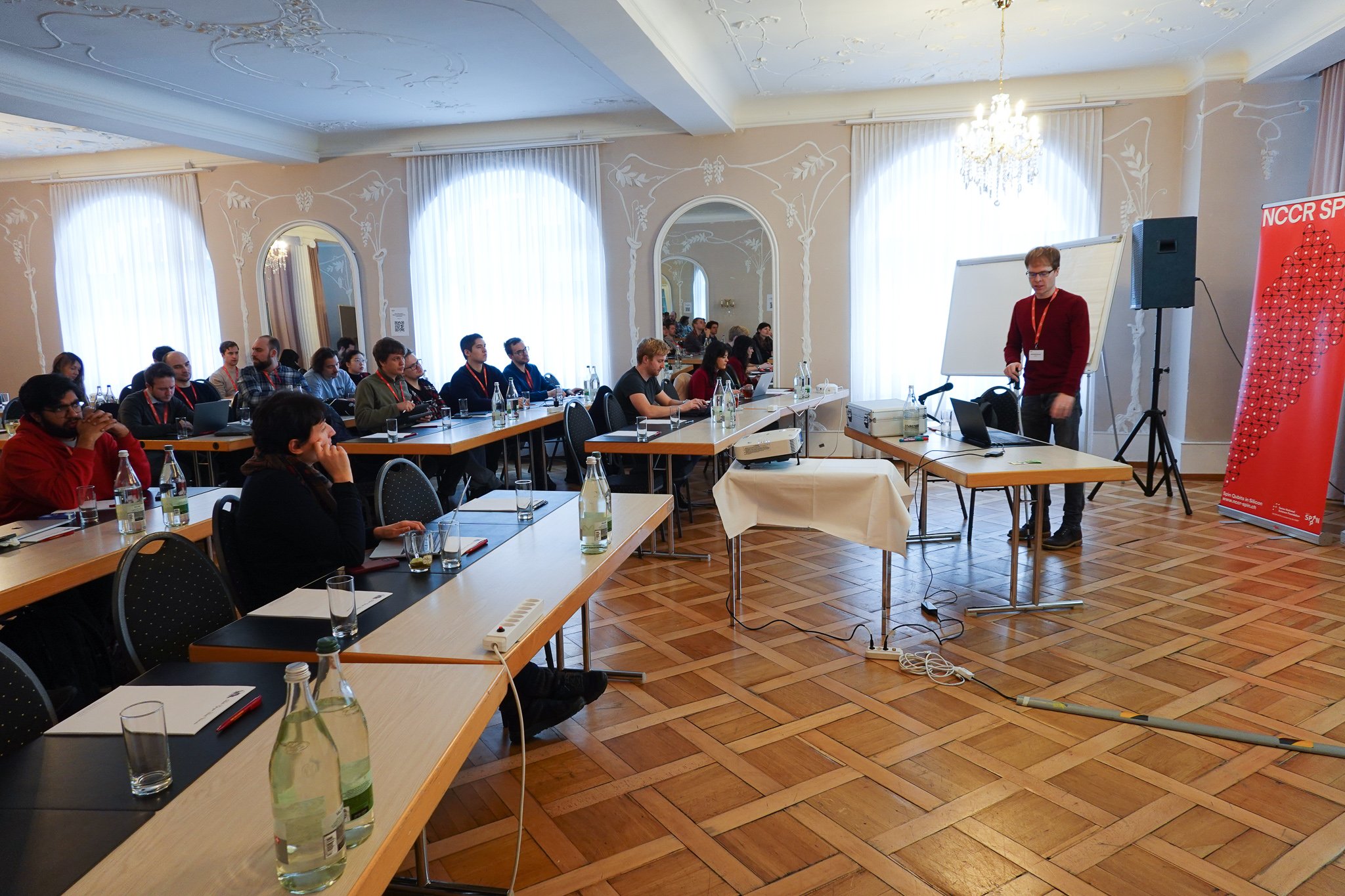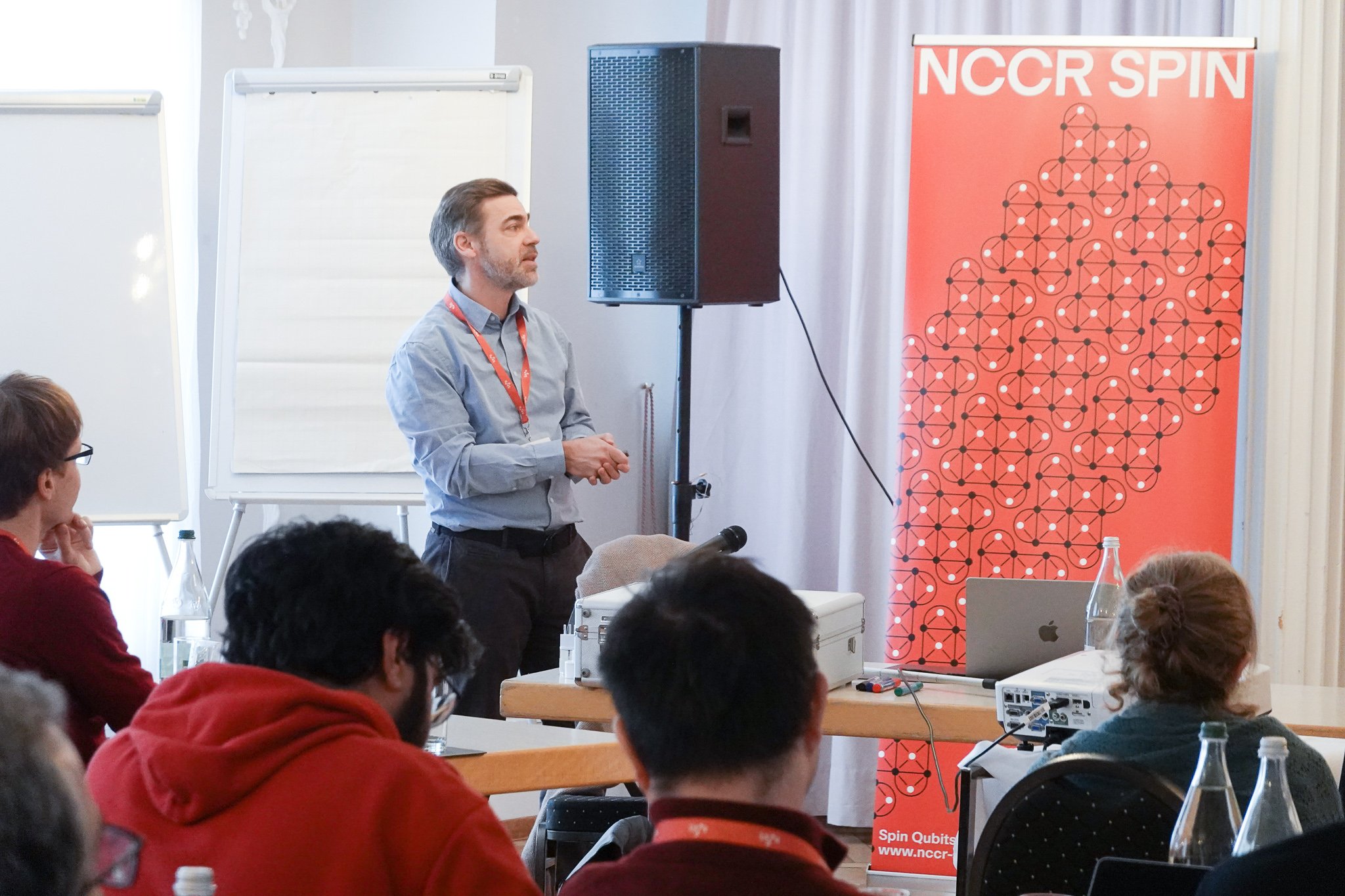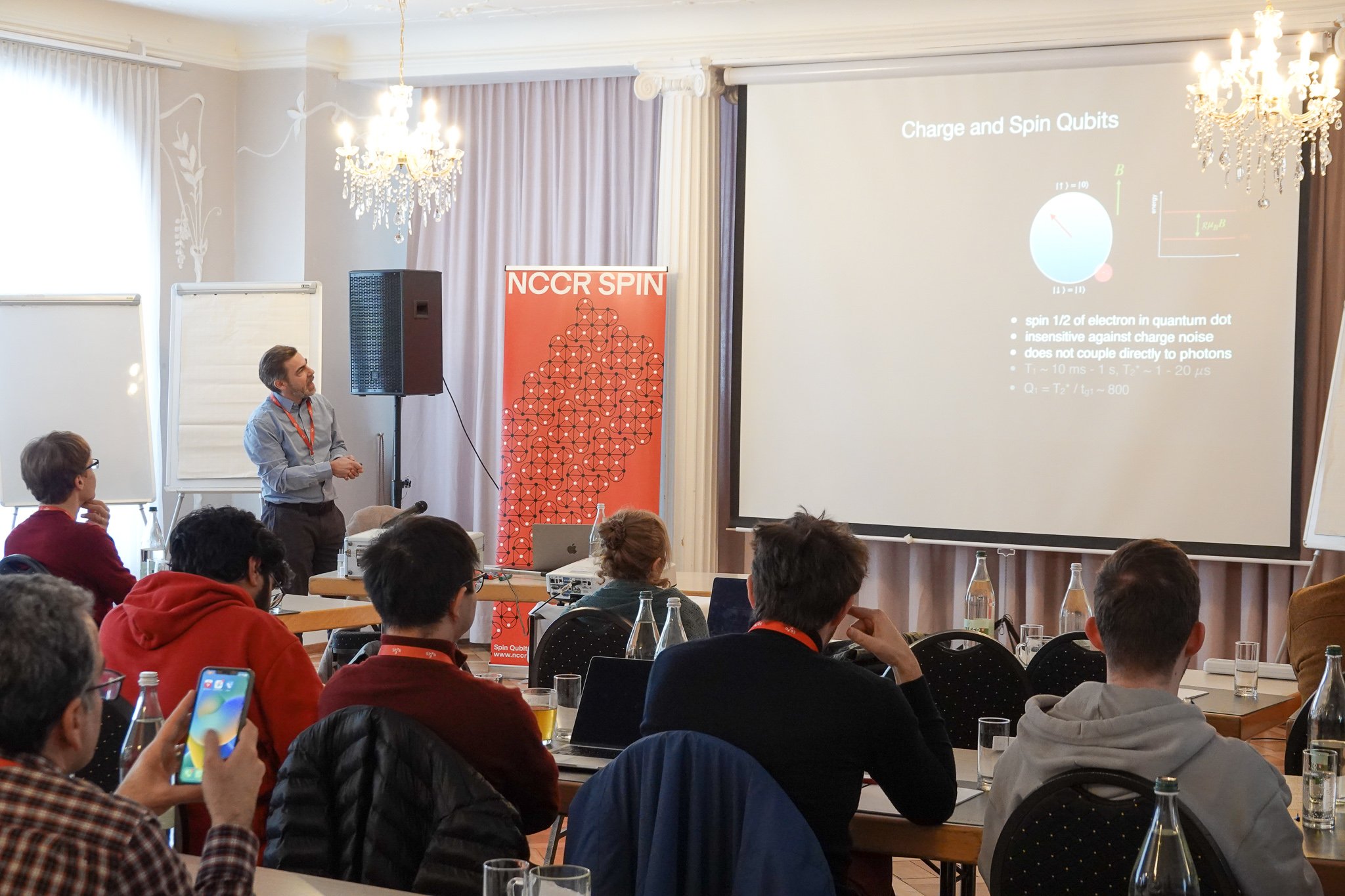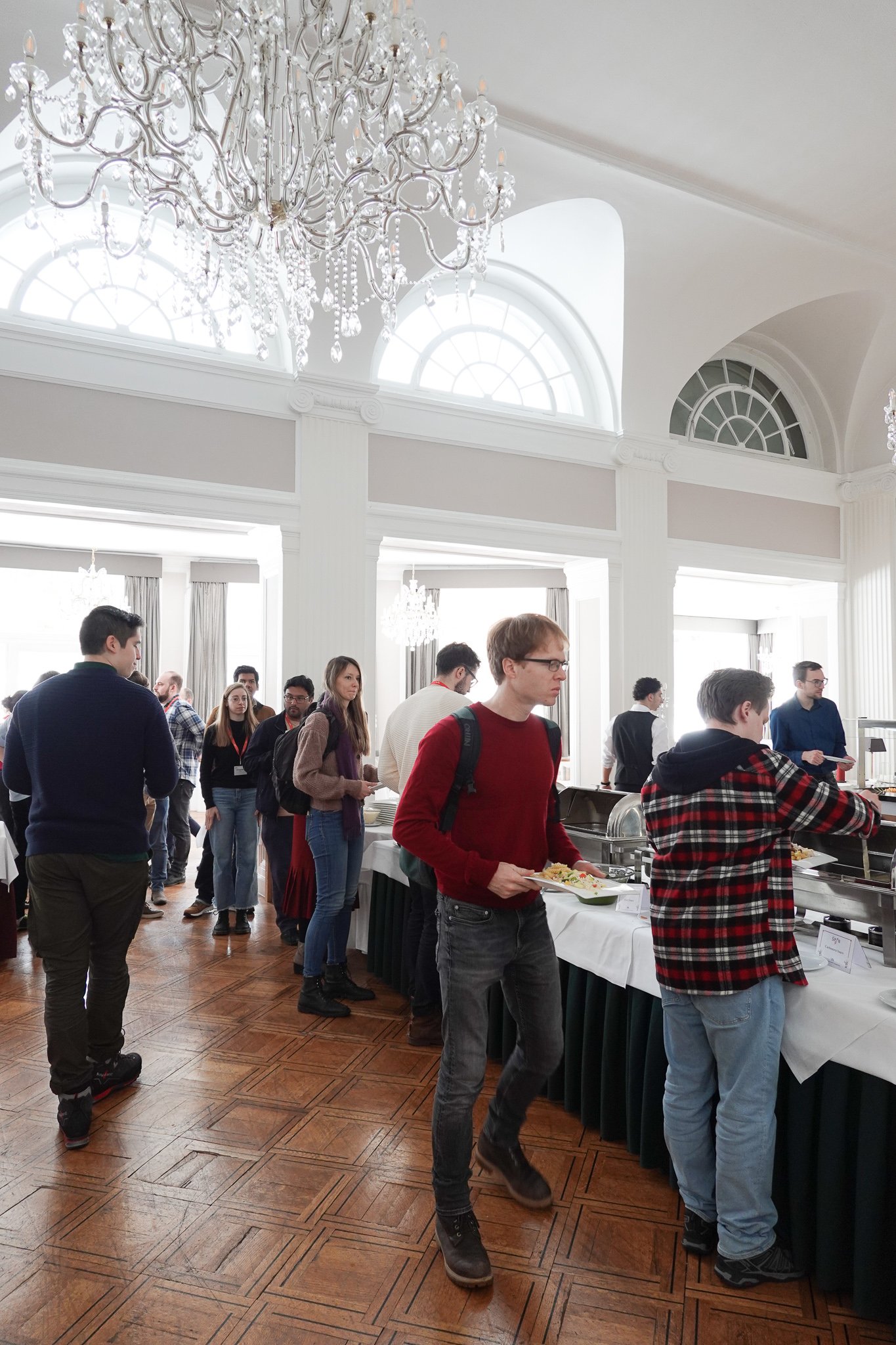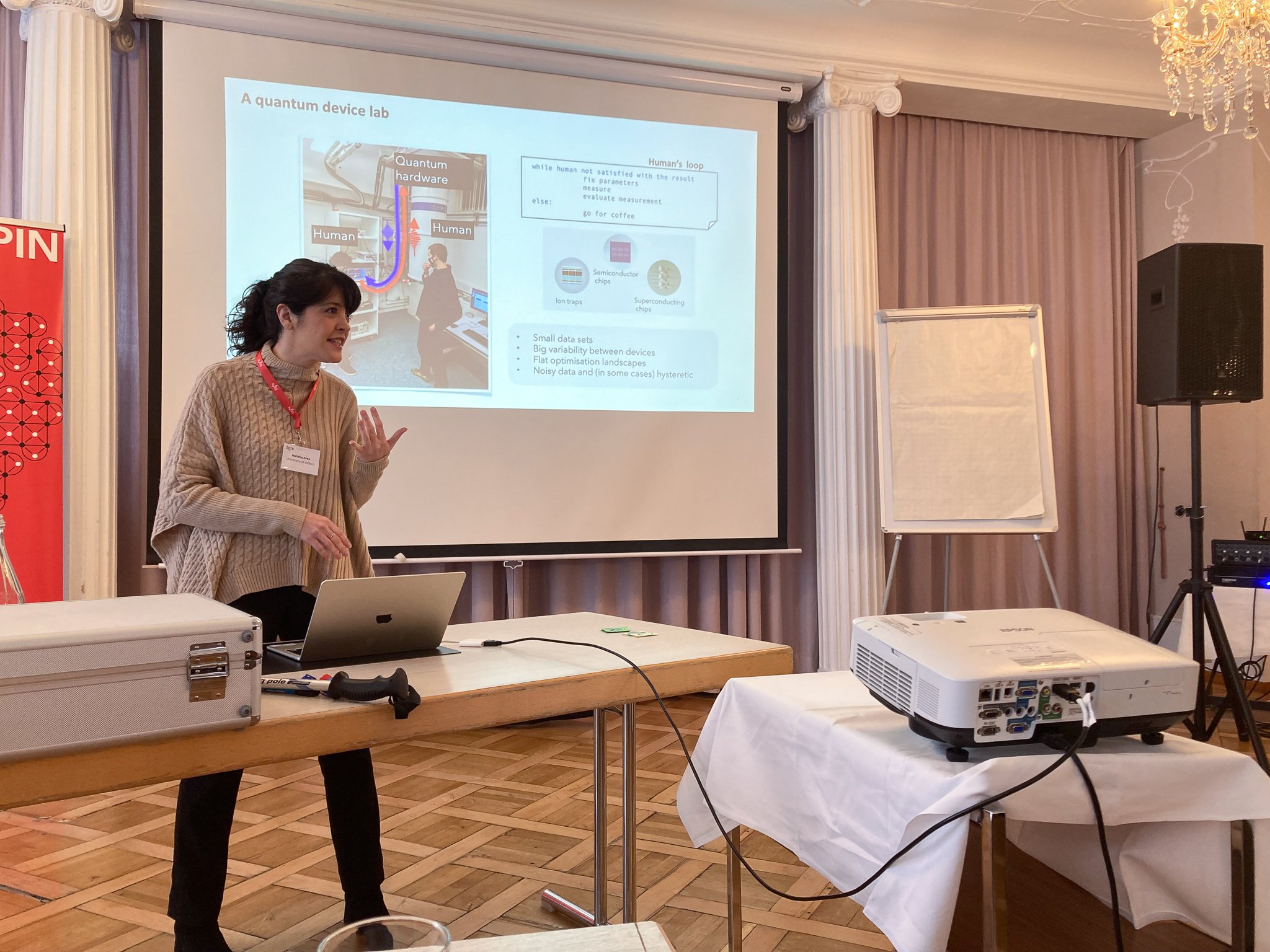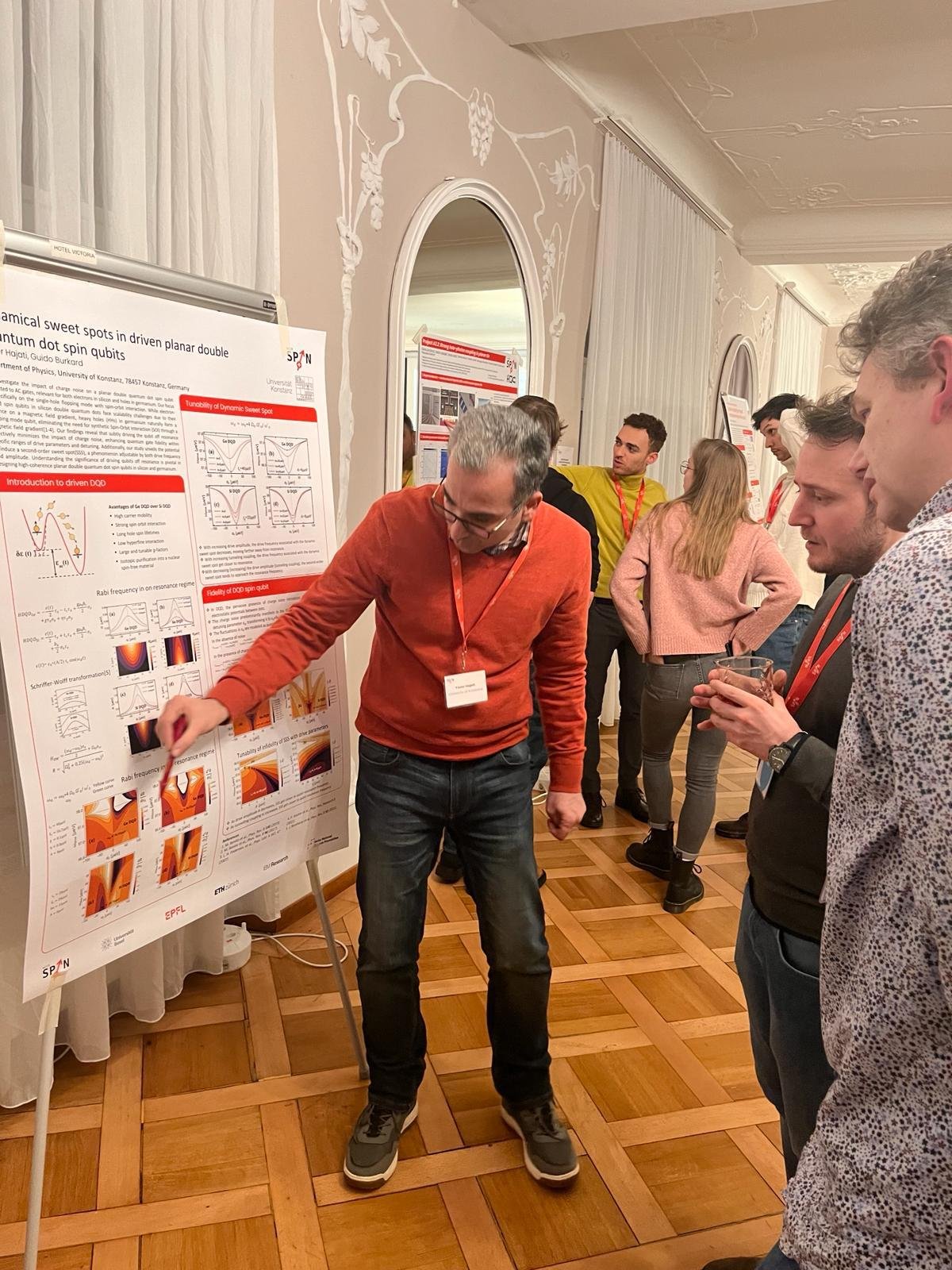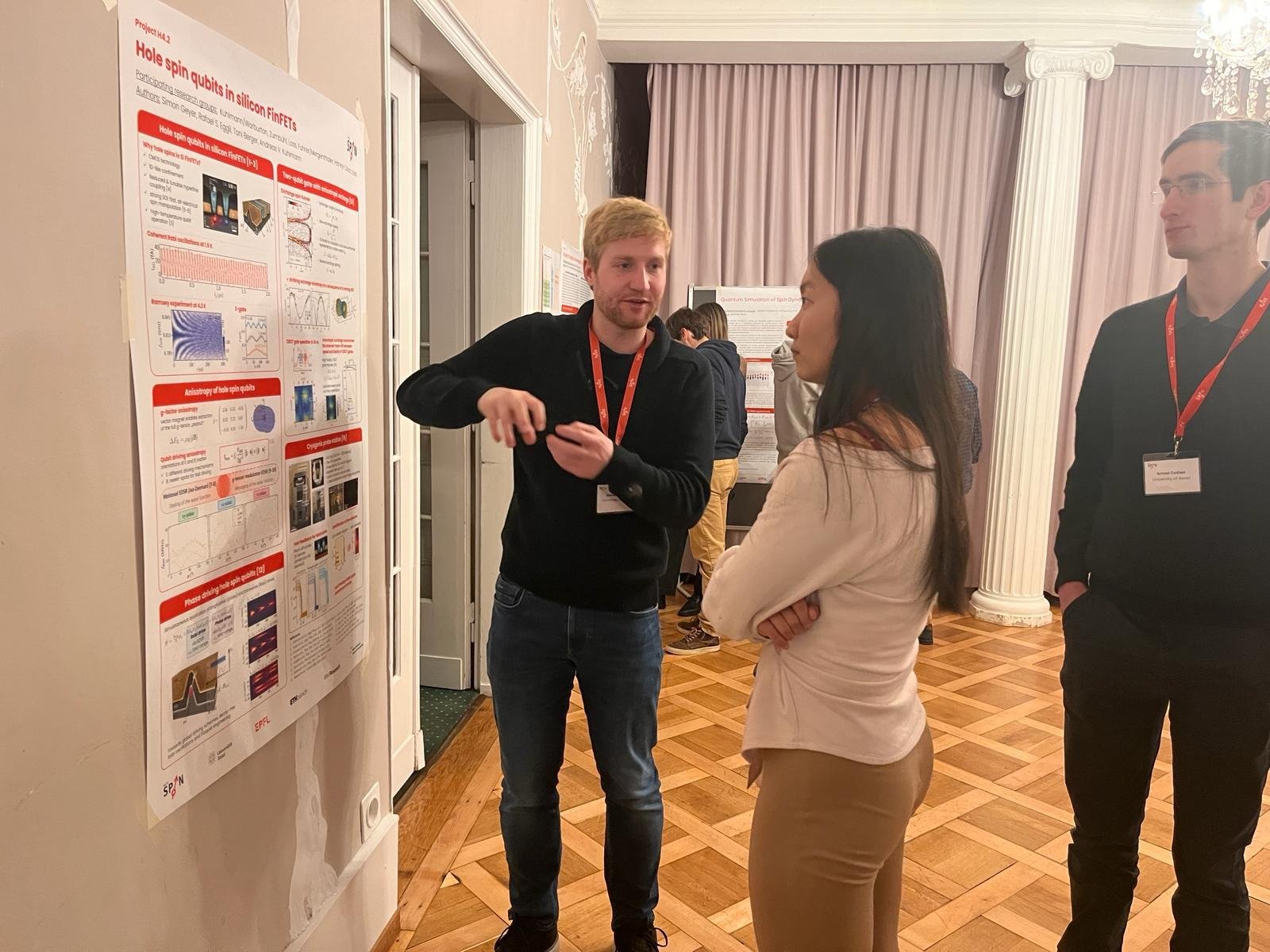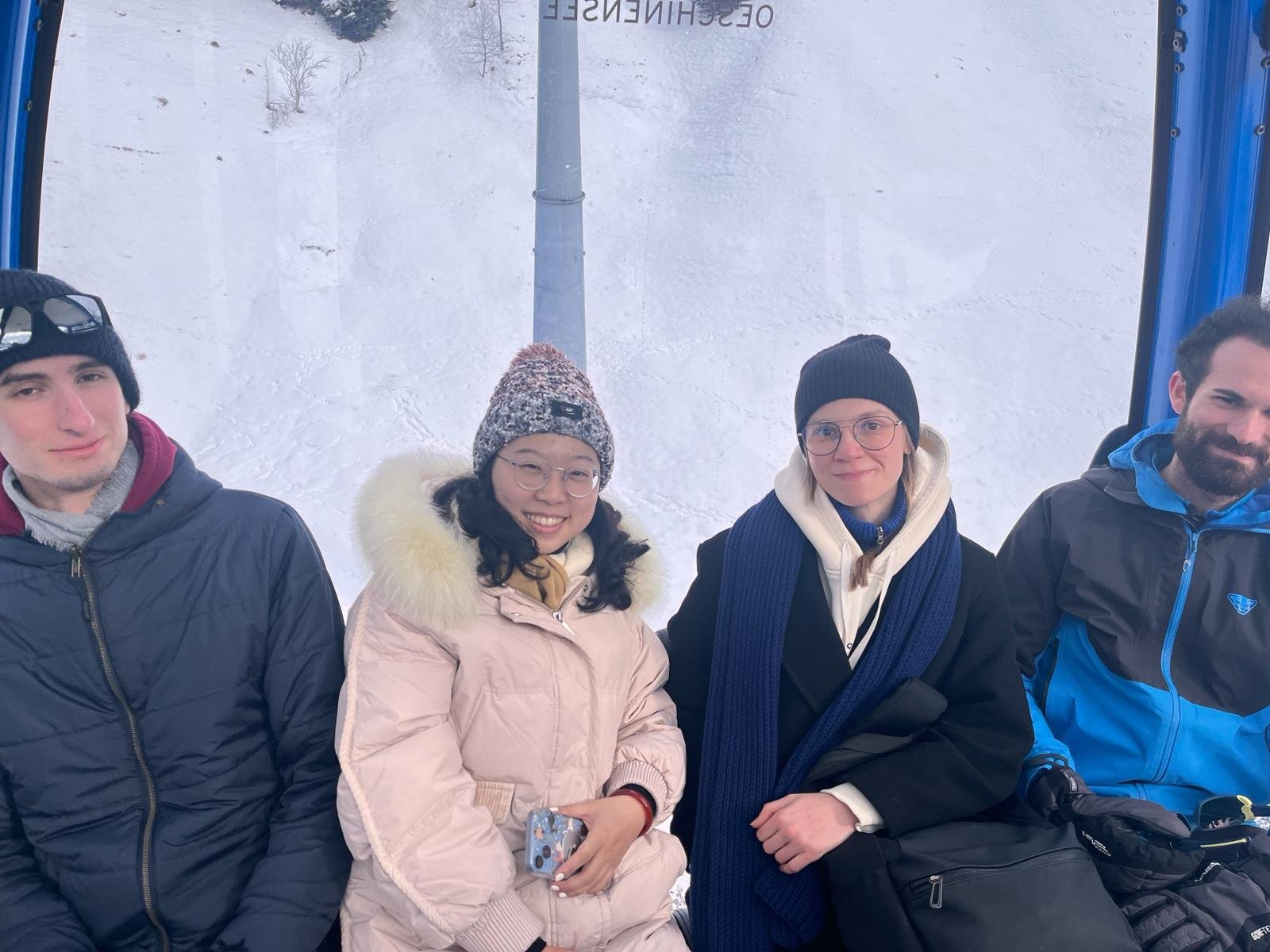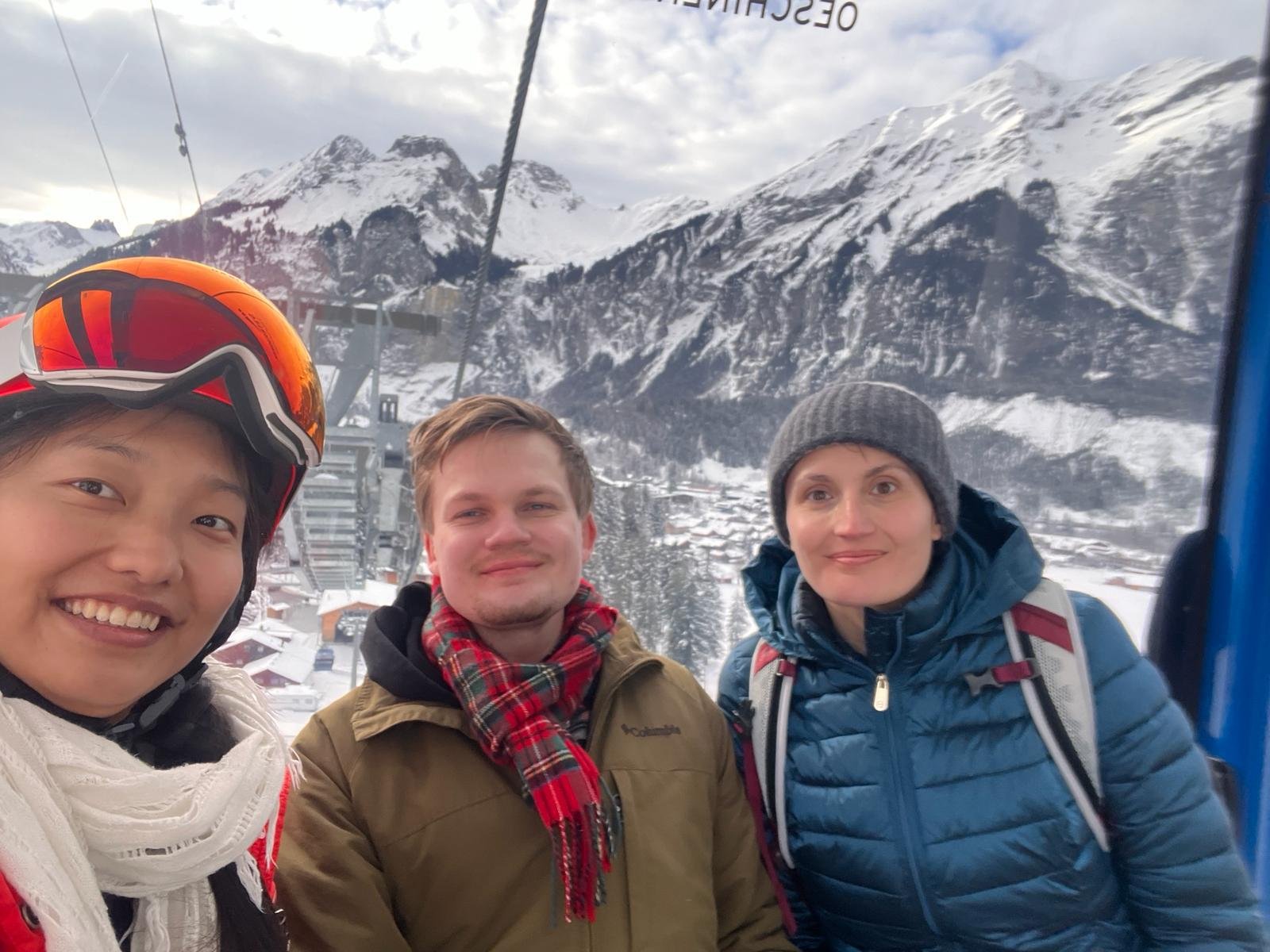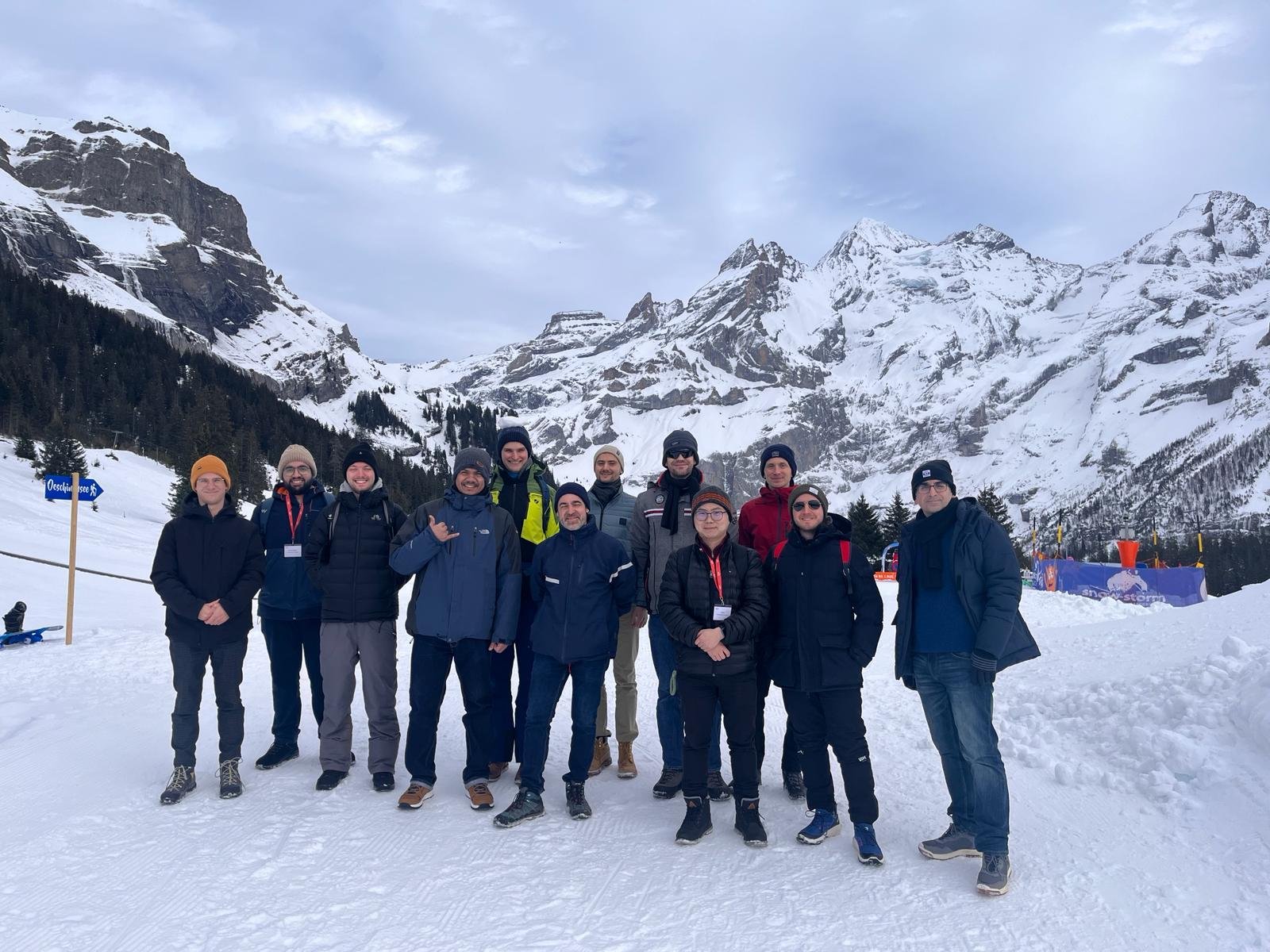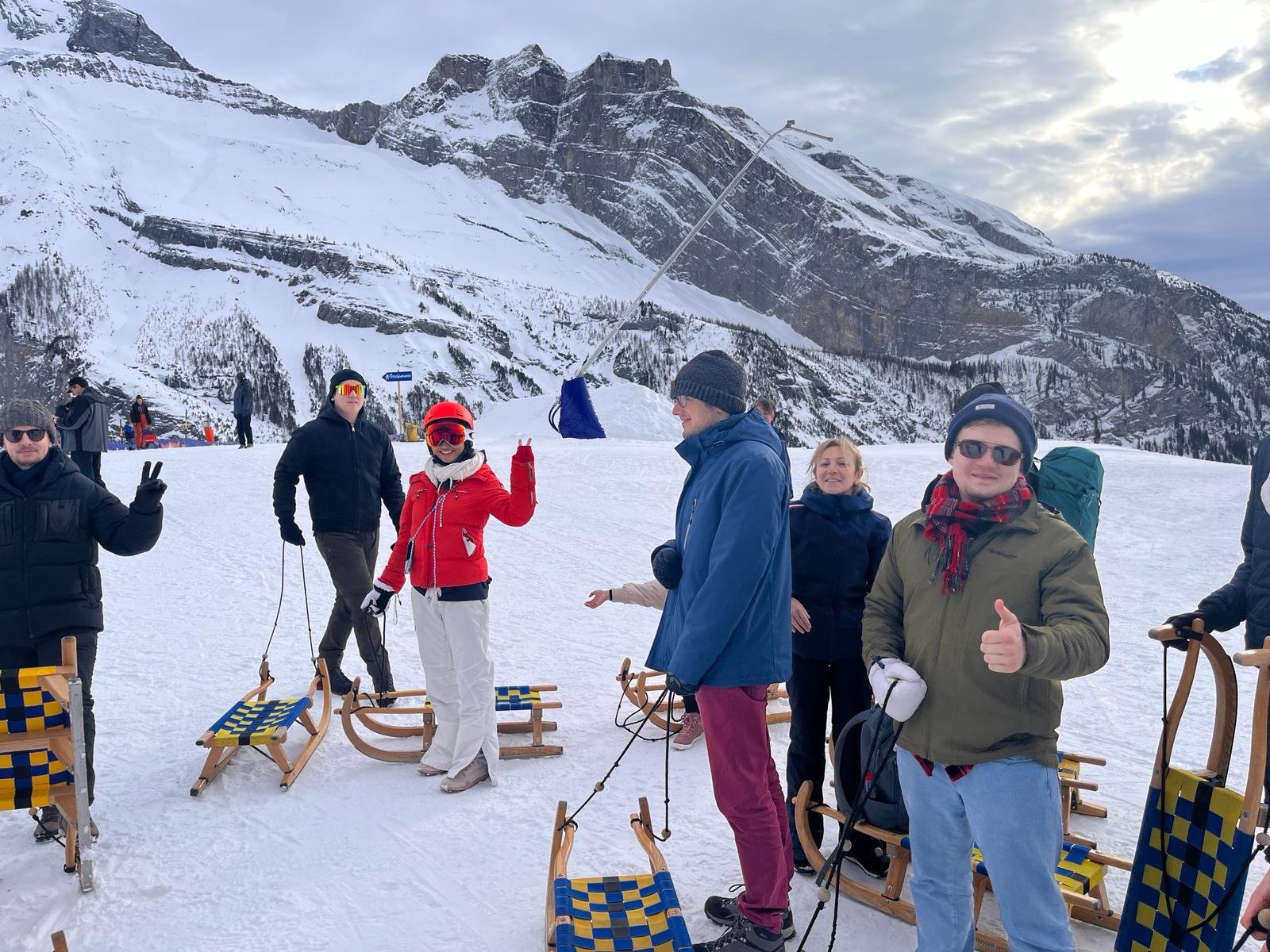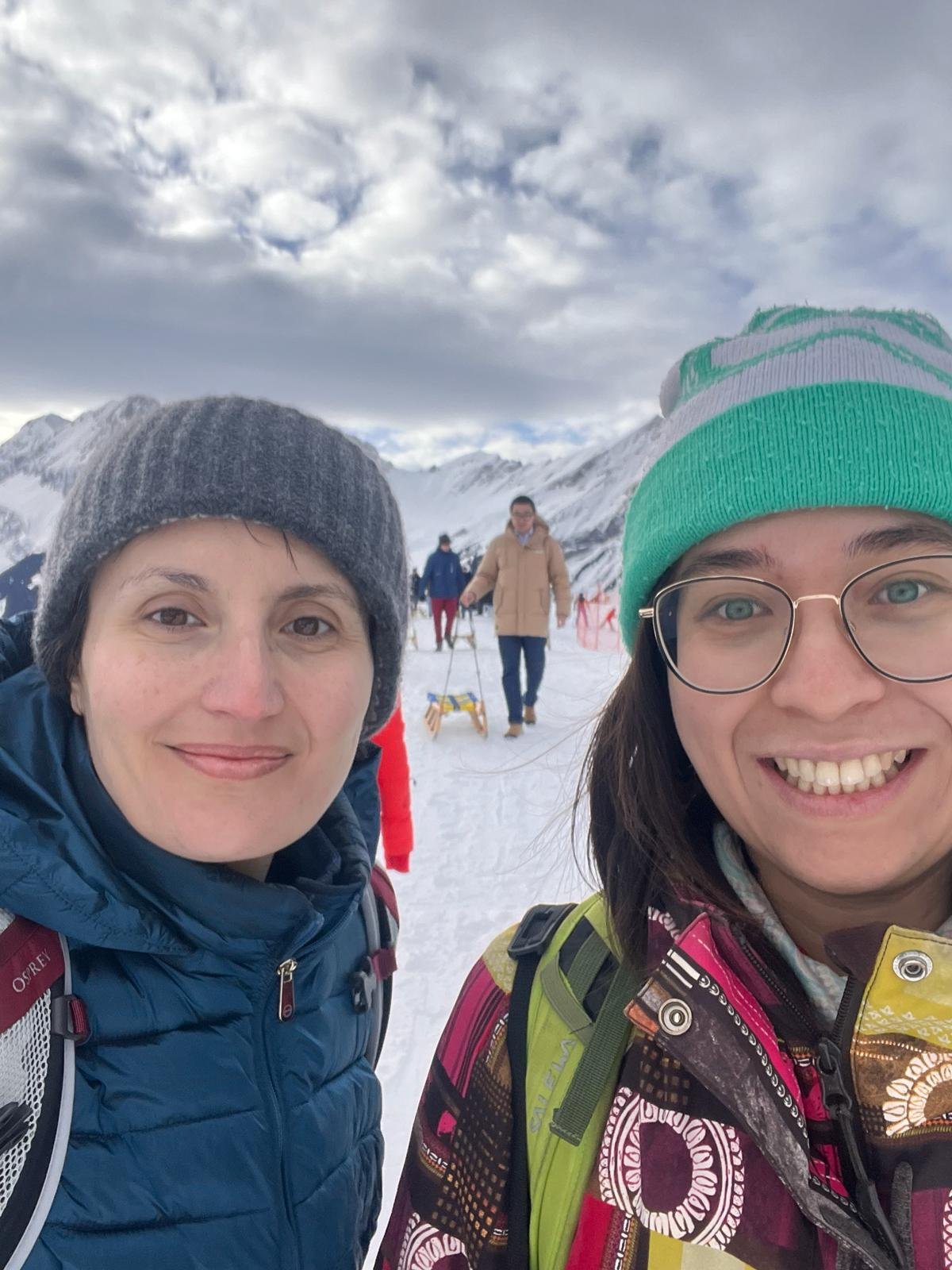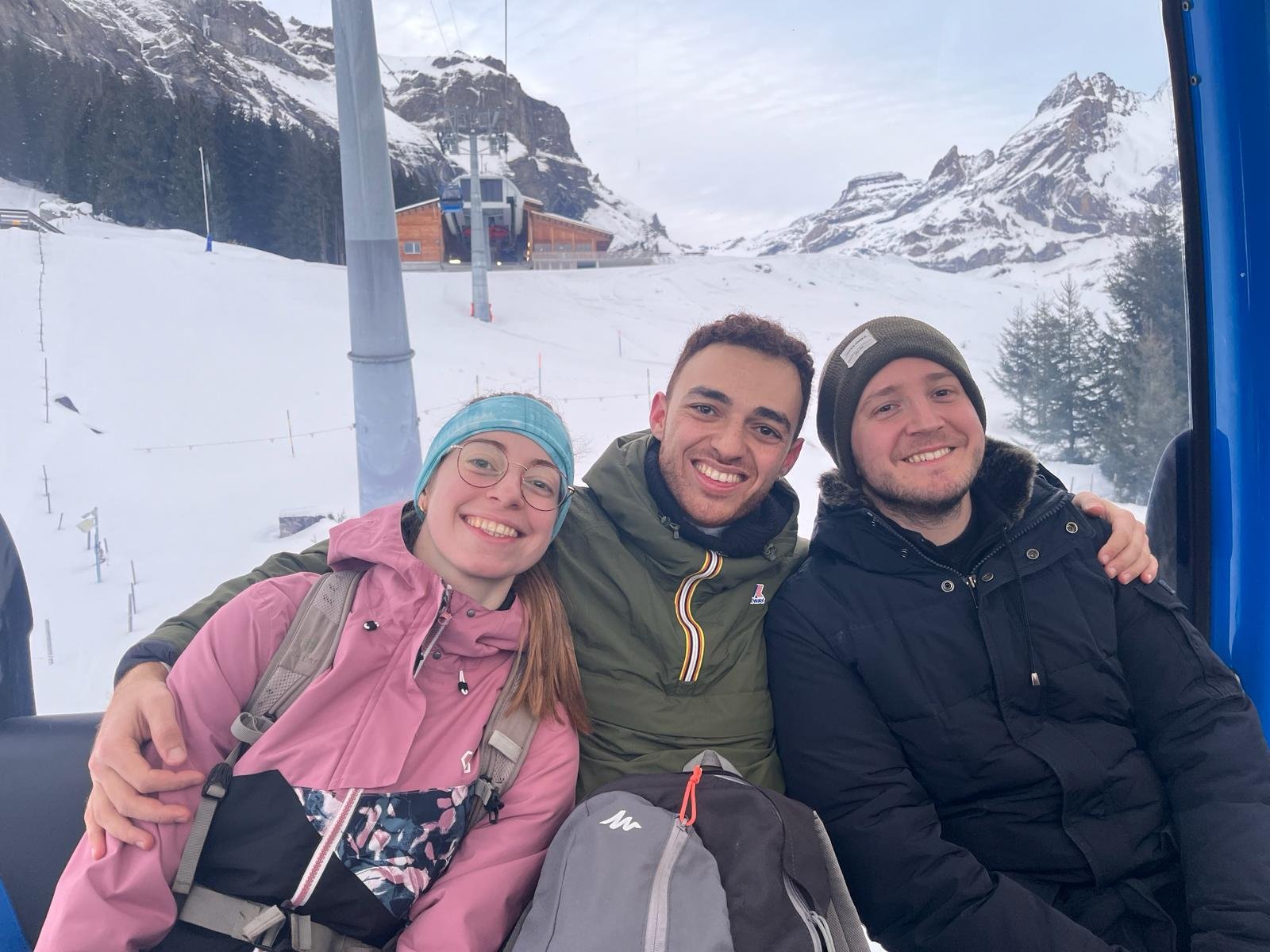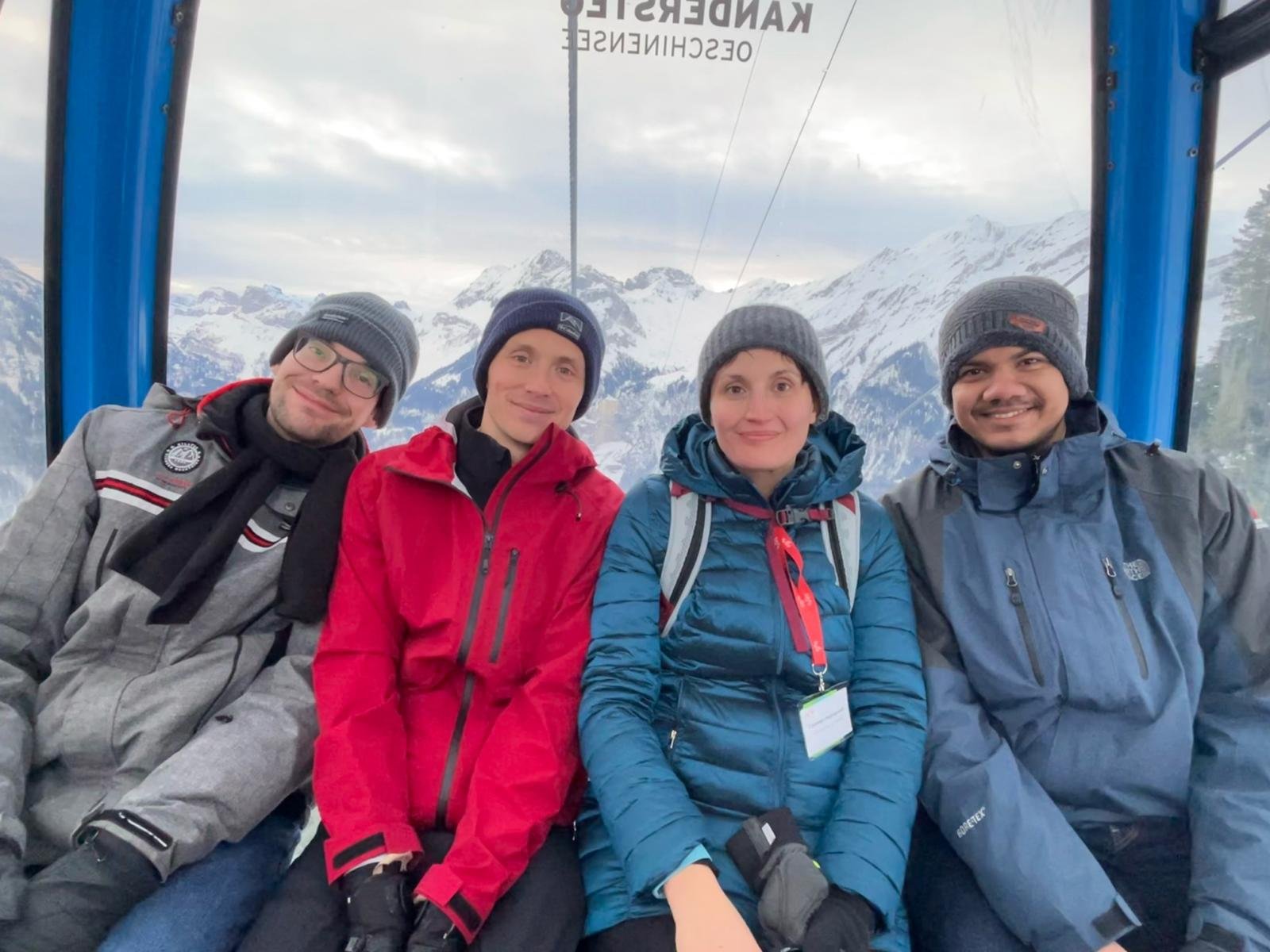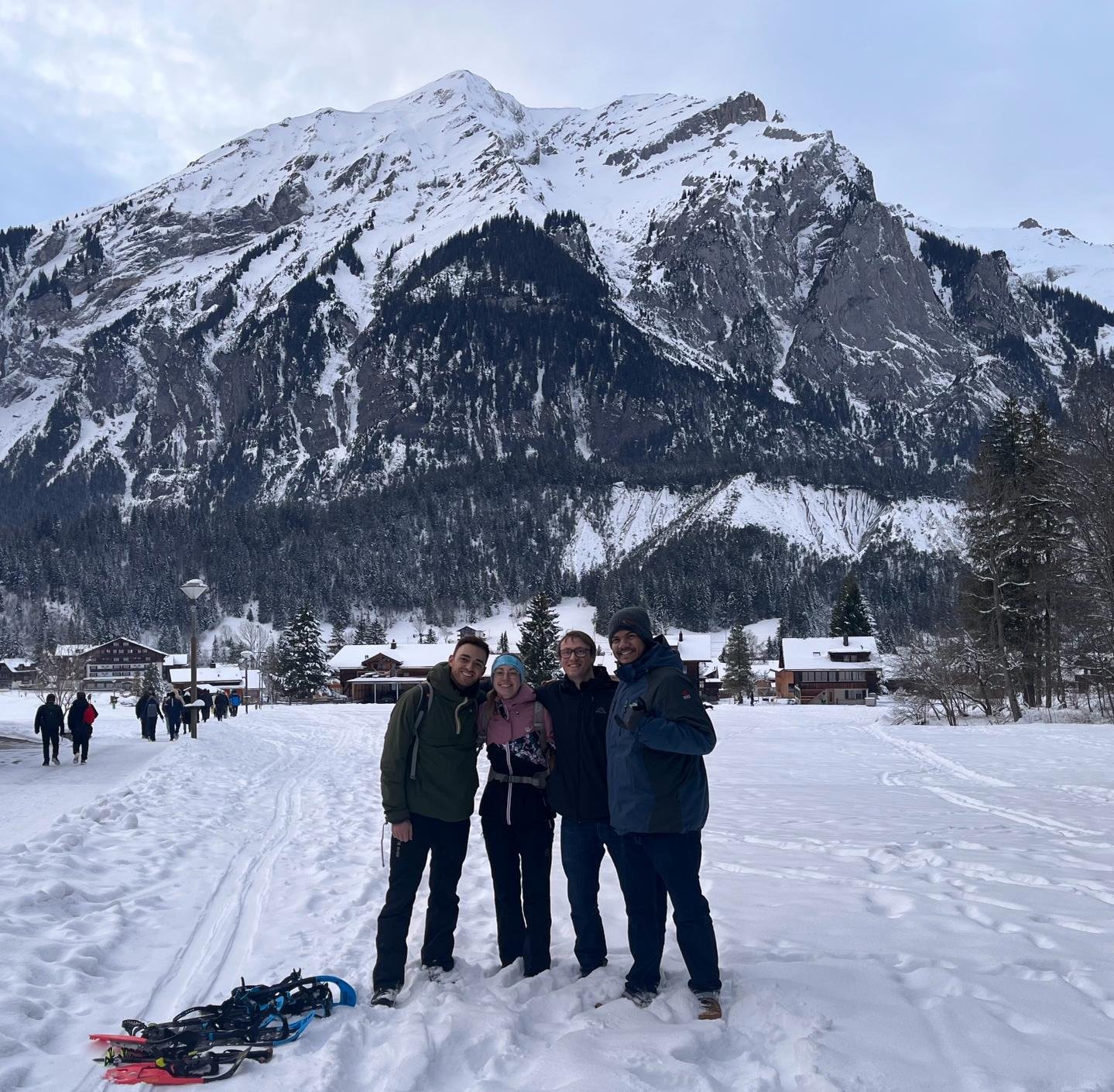Highlights from the NCCR SPIN Winter School for Quantum Computation
The recent Winter School for Quantum Computation took place on January 15-17 in the high-altitude village of Kandersteg in the Bernese Oberland region of Switzerland. The event brought together young researchers from the NCCR SPIN Network for an intensive exploration of the latest advancements in the field alongside prominent experts. The program provided a balanced curriculum covering foundational theories and practical applications.
Day 1 commenced with David DiVincenzo's presentation on the theory of the g-factor of band electrons in cubic materials, followed by Nico Hendrickx's discussion on Germanium hole spin qubits. Stefano Bosco then delved into the theory of hole spin qubits in Silicon and Germanium. Wenchao Xu explored quantum computation and simulation with Rydberg atom arrays. Expanding the scope beyond the school's topic, Jamie Gloor addressed diversity in scientific communities.
The day concluded with a poster session, providing young researchers with the opportunity to showcase the highlights of their work and engage in insightful discussions, receiving feedback from both their peers and field experts.
On Day 2, Bence Hetenyi covered Quantum Error Correction, while Silvano De Franceschi discussed hole spin-orbit qubits. Natalia Ares highlighted the role of machine learning in quantum device control and development. The day ended with an excursion and a sledge race to Oeschinensee, where participants could admire the picturesque surroundings.
The final day featured Sebastian Krinner's insights into Quantum Computing with Superconducting Circuits, and Guido Burkard's discussion on the theory of high-fidelity spin qubits and their coupling to photons.
The Winter School provided participants with a comprehensive overview of quantum computation, blending theoretical knowledge with practical insights and fostering collaboration among young researchers.
The NCCR takes pride in its vibrant community of young researchers who have explored a wide range of topics, including those unfamiliar to them, in their quest for a deeper understanding of quantum computation. This diverse exploration not only advances their research but also exposes them to potentially fruitful paths for future investigations and collaboration.
